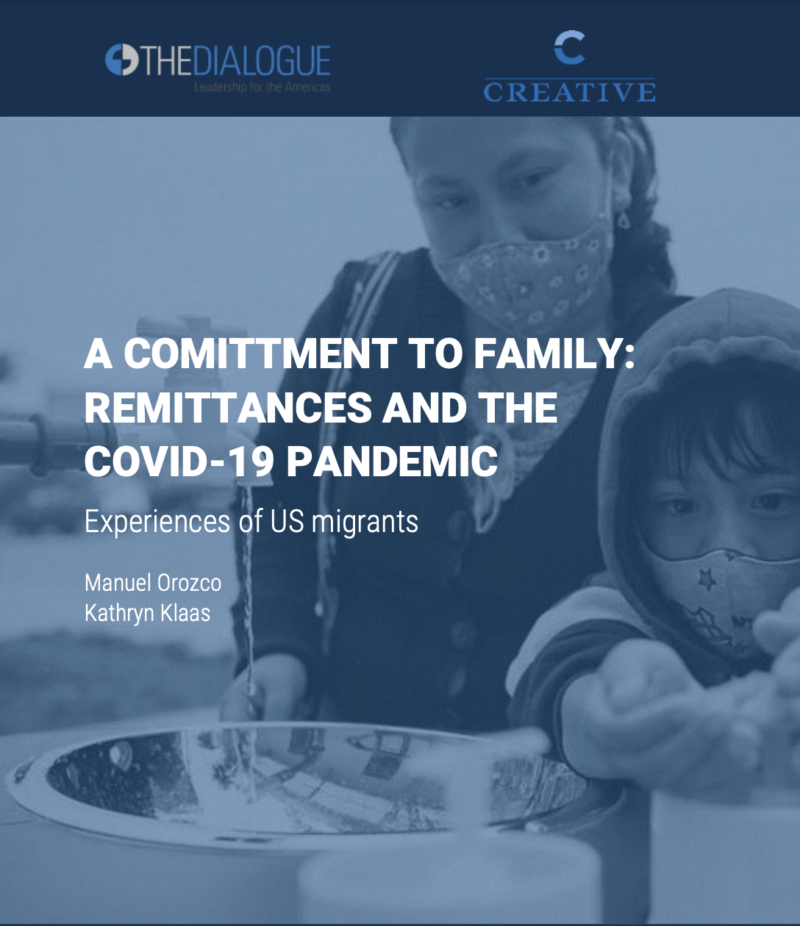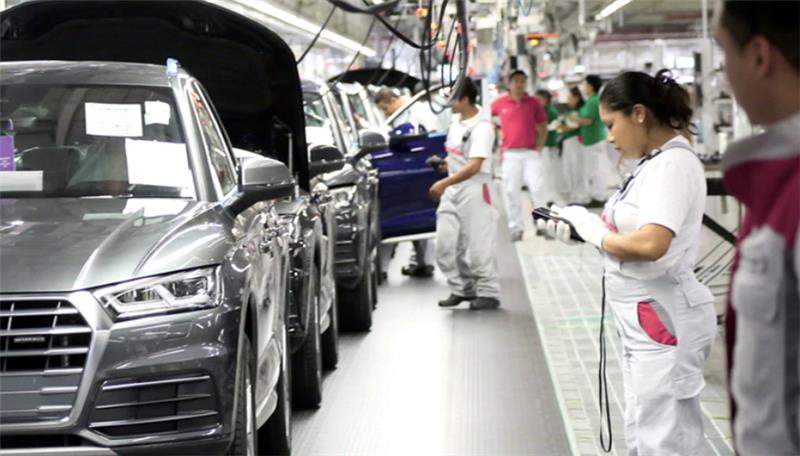Covid-19 in the Americas
The Inter-American Dialogue is working to provide relevant and informed analysis regarding the impact of the coronavirus pandemic in the Americas. Sign up below to receive our event invitations, reports, and weekly newsletter. Our upcoming events on Covid-19, event summaries, articles and Op-Eds, and Q&As from our daily publication, the Latin America Advisor, are gathered below.

Coronavirus
Featured Resource
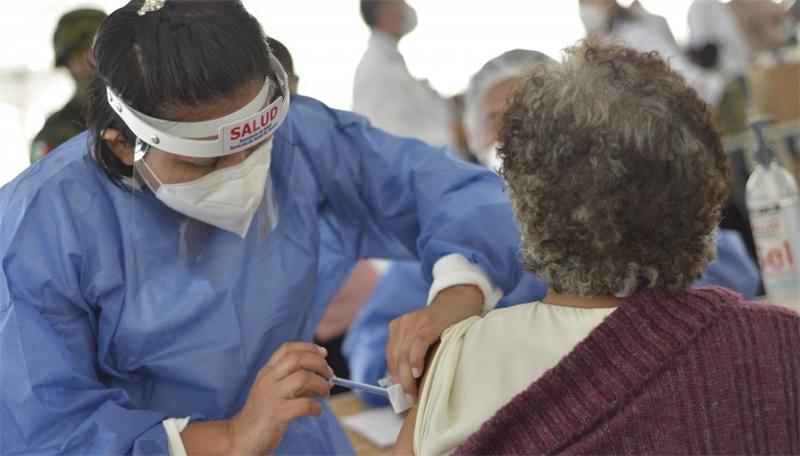
Will Patent Waivers Make Covid Vaccines More Accessible?
May 19 | Rolf Hoenger, Andrew Rudman, James Fitzgerald, Núria Homedes, Brian Toohey, Jaci McDole
What effect would such waivers have on the prevalence of counterfeit Covid-19 vaccines, and what would setting this precedent mean for the pharmaceutical industry at large? How likely is the proposal to be adopted at the WTO now that the Biden administration is supporting it, and how soon could the decision be made?
Analysis by Country
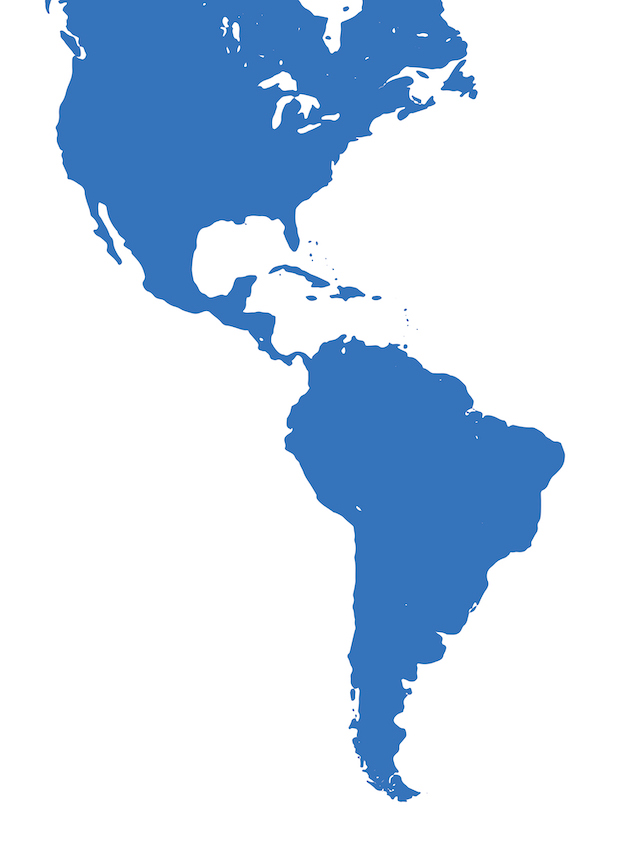


















Reports
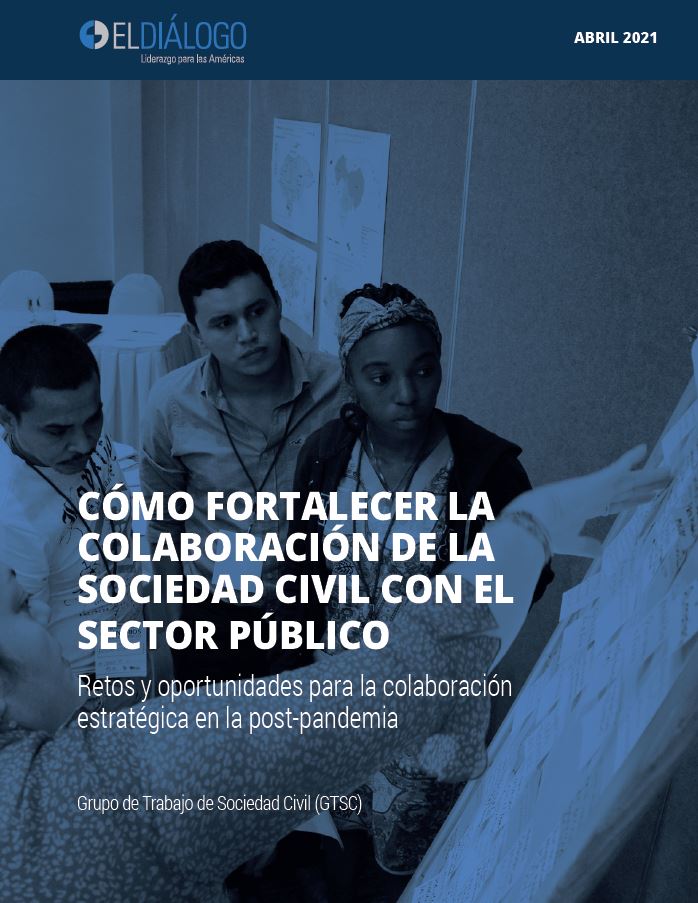
Cómo fortalecer la colaboración de la sociedad civil con el sector público: Retos y oportunidades para la colaboración estratégica en la post-pandemia
Apr 26 | Grupo de Trabajo de Sociedad Civil
Los miembros del Grupo de Trabajo de Sociedad Civil (GTSC) se reunieron en marzo de 2021 para discutir sus experiencias con colaboraciones público-privadas e identificar los retos y las oportunidades que existen para la colaboración entre la sociedad civil y el sector público en la post-pandemia. Este informe resume los mensajes claves que surgieron de la conversación.
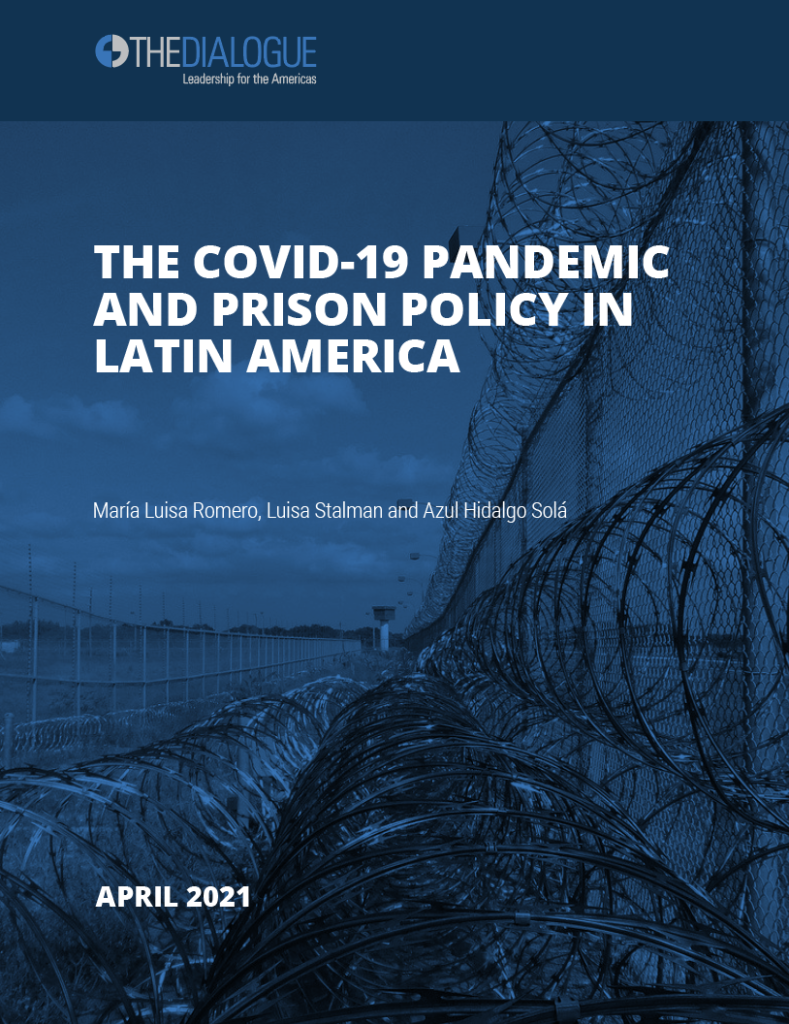
The Covid-19 Pandemic and Prison Policy in Latin America
Apr 14 | María Luisa Romero, Azul Hidalgo Solá, Luisa Stalman
This report from the Peter D. Bell Rule of Law Program posits that policy reforms adopted out of necessity during the pandemic in regards to prison policy, some of which were considered politically unpalatable before the Covid-19 emergency, offer important lessons and in some cases proof of concept for overdue shifts in prison policy.
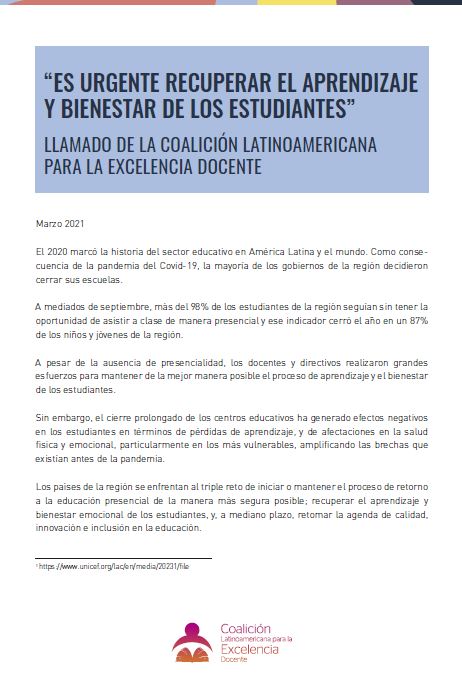
“It Is Urgent to Recover the Learning and Wellbeing of Students” – A Call from the Latin American Coalition for Teaching Excellence
Mar 10 | Coalición Latinoamericana para la Excelencia Docente
The Latin American Coalition for Teaching Excellence affirms the need to support teachers in the reopening of schools and presents seven recommendations to do so in a safe and comprehensive manner.
Declaration only available in Spanish
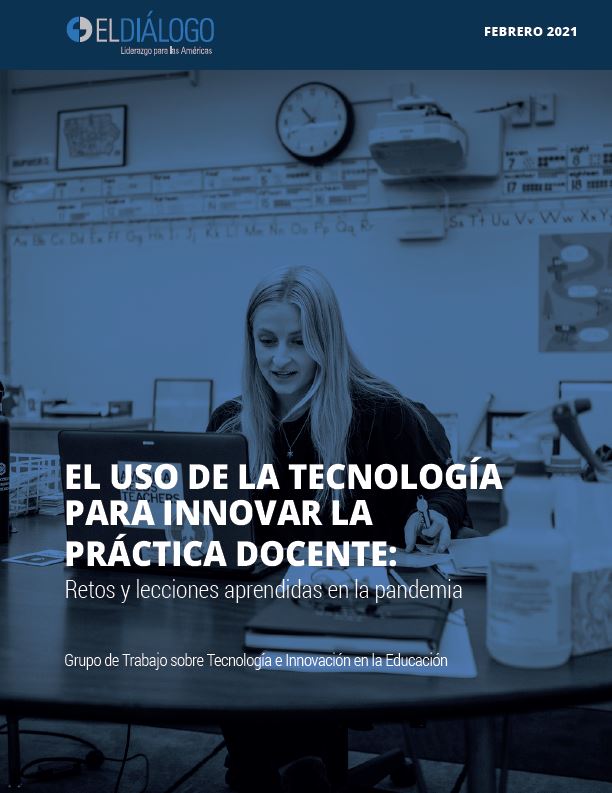
Using Technology to Innovate Teaching Practice: Challenges and Lessons Learned in the Pandemic
Feb 25 | Working Group on Technology and Innovation in Education
The report presents the main challenges that countries face when trying to effectively implement and scale viable technological initiatives that surfaced in the context of the pandemic in the region, within each of those three dimensions. Similarly, it describes the lessons learned during the pandemic, highlighting the importance of creating user-friendly tools and platforms, as well as providing access to curated and curriculum-aligned content for all.
Report only available in Spanish
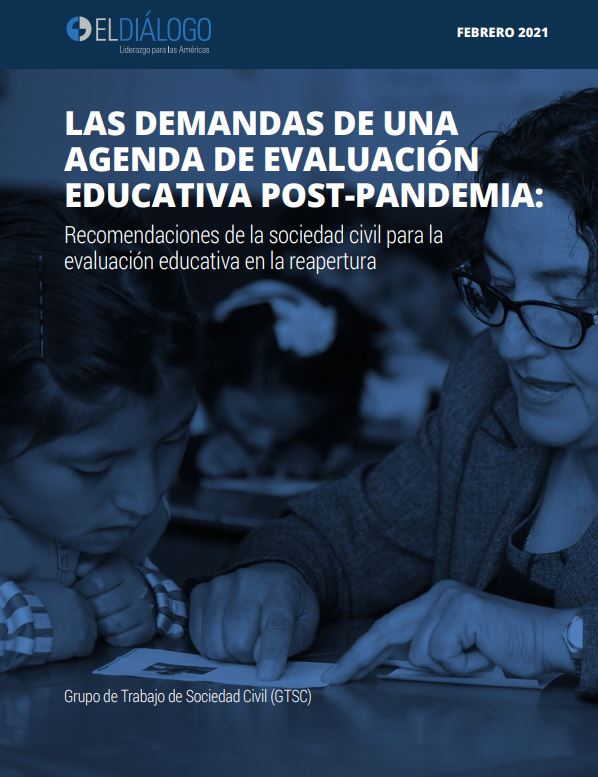
The Demand for a Post-Pandemic Evaluation Agenda
Feb 22 | Grupo de Trabajo de Sociedad Civil
The following document presents five recommendations developed by the Dialogue’s Civil Society Working Group on conducting educational assessments during school reopening after the pandemic.
Report only available in Spanish
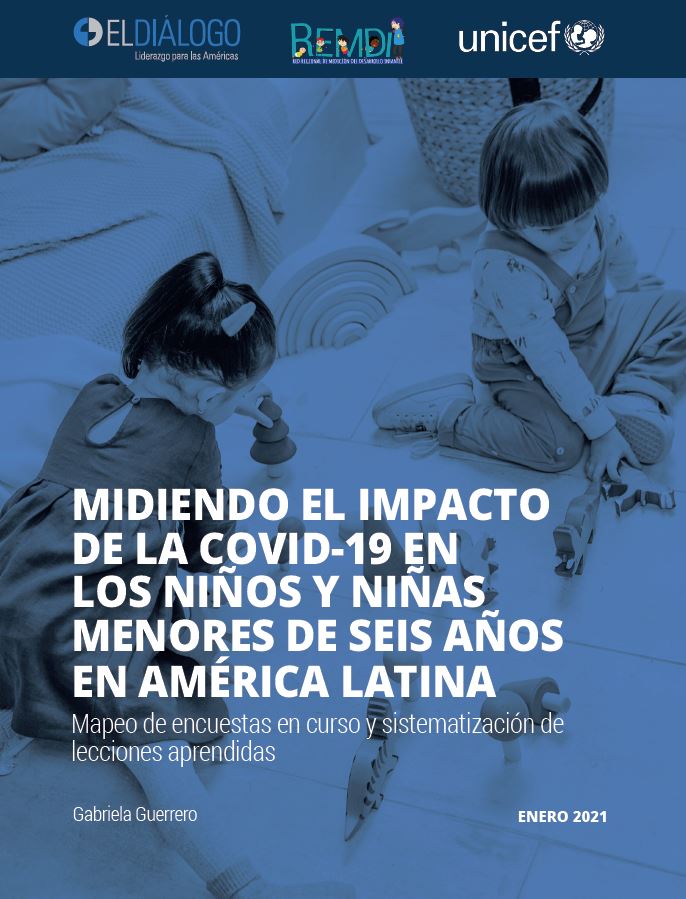
Measuring the Impact of Covid-19 on Children under Six in Latin America – Mapping Surveys in Progress and Systematizing Lessons Learned
Jan 27 | Gabriela Guerrero
This report synthesizes the results of a study on the surveys implemented in the region to measure the impact of the pandemic on early childhood.
Report only available in Spanish
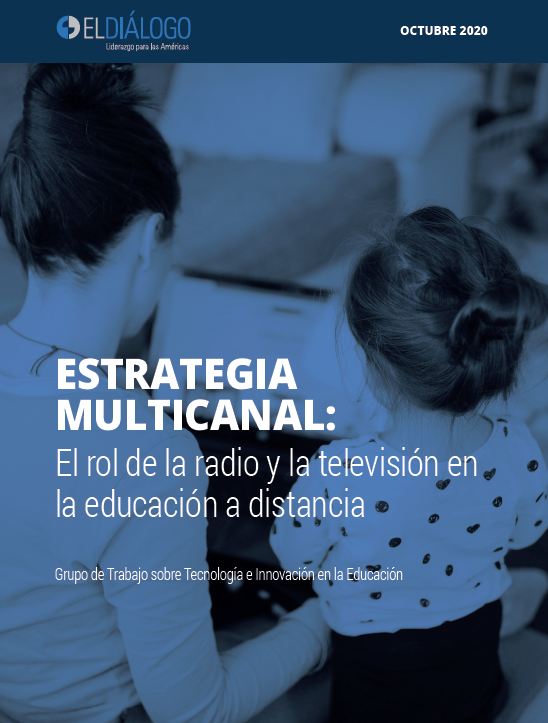
Multi-Channel Strategy: The Role of Radio and Television in Distance Learning
Oct 28 | Anna Herrero Tejada, Daniela Saez
This report presents several initiatives implemented in the region to address the main challenges that countries face in effectively incorporating first generation technologies within their education technology landscapes.
Report only available in Spanish
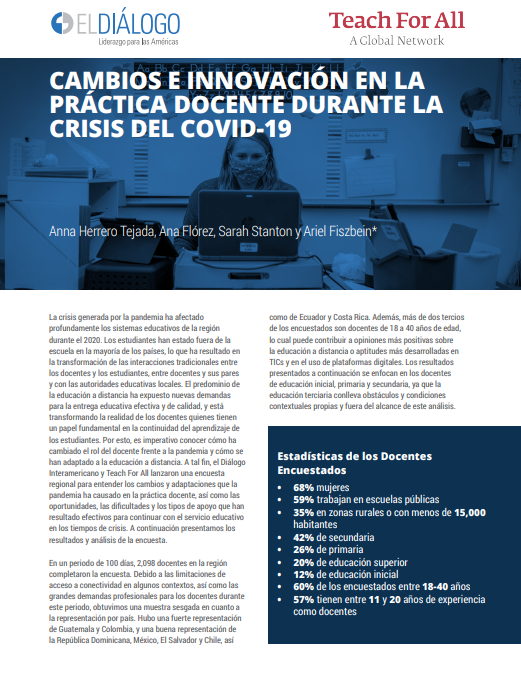
Cambios e innovación en la práctica docente durante la crisis del Covid-19
Oct 8 | Anna Herrero Tejada, Ana Flórez, Sarah Stanton y Ariel Fiszbein
La educación a distancia durante la crisis de la pandemia ha expuesto nuevas demandas para la entrega educativa efectiva y de calidad, y está transformando la realidad de los docentes. El Diálogo Interamericano y Teach For All presentan los resultados de una encuesta regional sobre cómo la pandemia ha afectado la práctica docente.
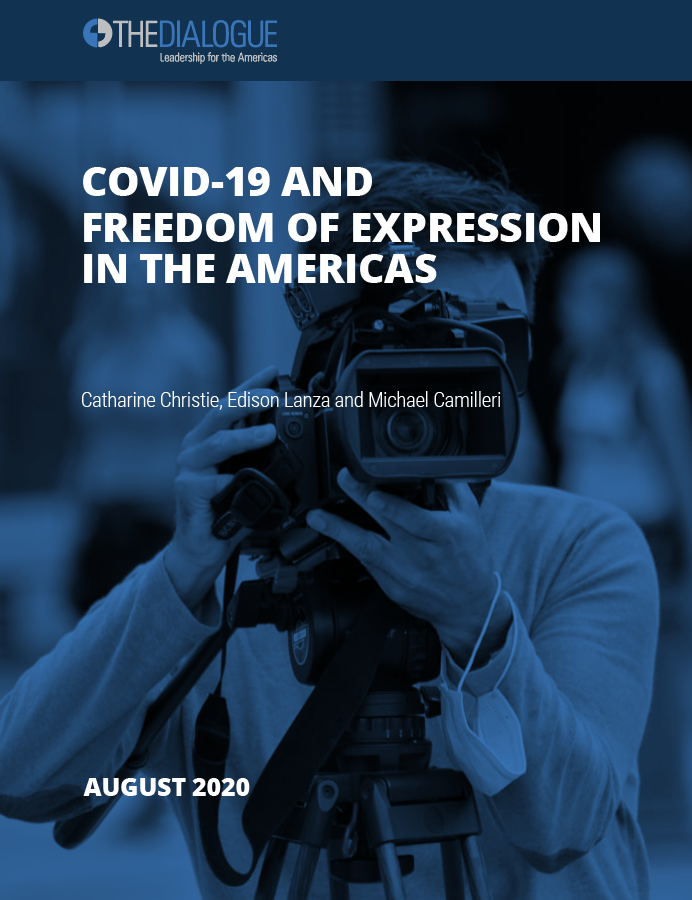
Covid-19 and Freedom of Expression in the Americas
Sept 1 | Catharine Christie, Edison Lanza, Michael Camilleri
This report from the Peter D. Bell Rule of Law Program and Edison Lanza provides a succinct assessment of freedom of expression developments in the Americas in the early months of the Covid-19 pandemic.
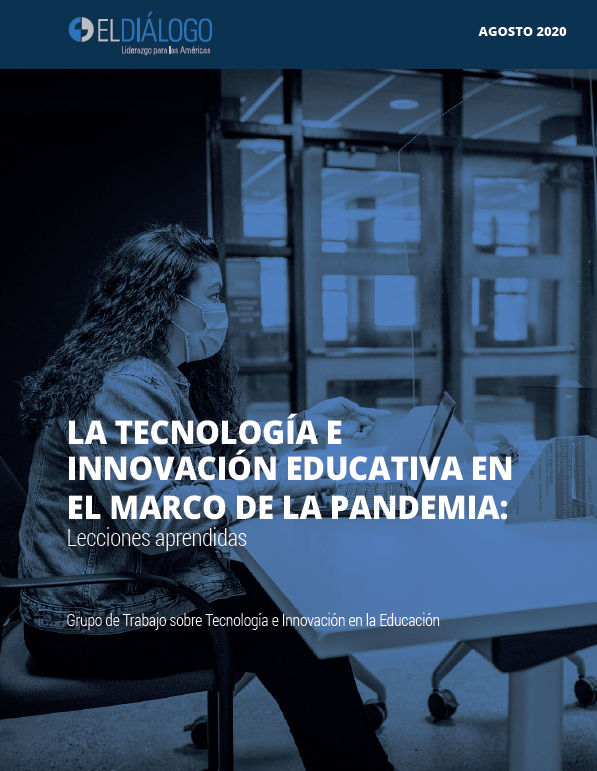
La tecnología e innovación educativa en el marco de la pandemia: Lecciones aprendidas
Aug 12 | Daniela Saez & Anna Herrero Tejada
El 24 de junio del 2020, el Grupo de Trabajo sobre Tecnología e Innovación en Educación se reunió para discutir los retos que se presentan al cerrar los centros educativos y las oportunidades que existen en el uso de la tecnología educativa.
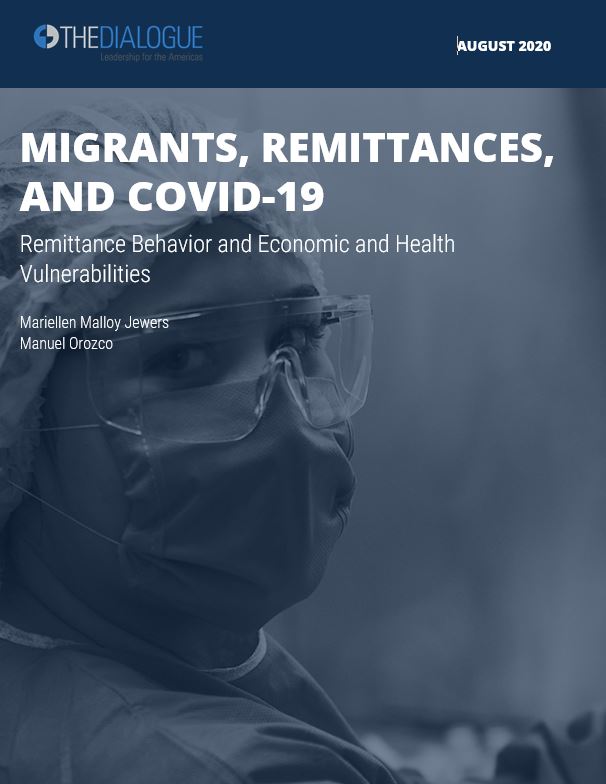
Migrants, Remittances and Covid-19: Remittance Behavior and Economic and Health Vulnerabilities
Aug 6 | Manuel Orozco & Mariellen Jewers
This report discusses the impact that Covid-19 has had on migrants from Latin America and the Caribbean with a focus on migrant job-loss and its effect on remittances sent to their native countries.
Articles & Op-Eds
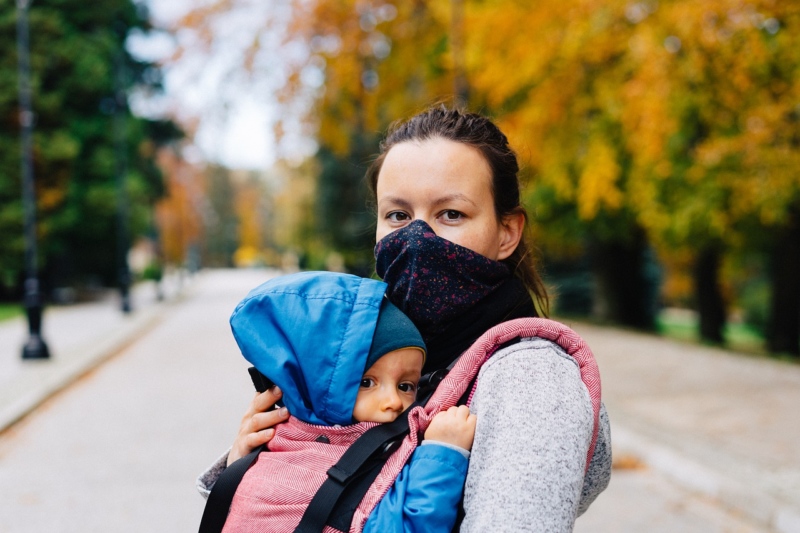
The Pandemic Has Jeopardized the Rights of Children – An Interview with Ángela Jerez Trujillo
Jun 4 | Daniela Saez & Ángela Constanza Jerez | PREAL Blog
How has the pandemic affected the growth of children in the Latin American region? In Colombia, the organization NiñezYA seeks to understand how the pandemic has affected children and jeopardized their rights. We had the opportunity to talk to Ángela Constanza Jerez Trujillo, coordinator of NiñezYA, about their new report and its implications for both Colombia and Latin America.
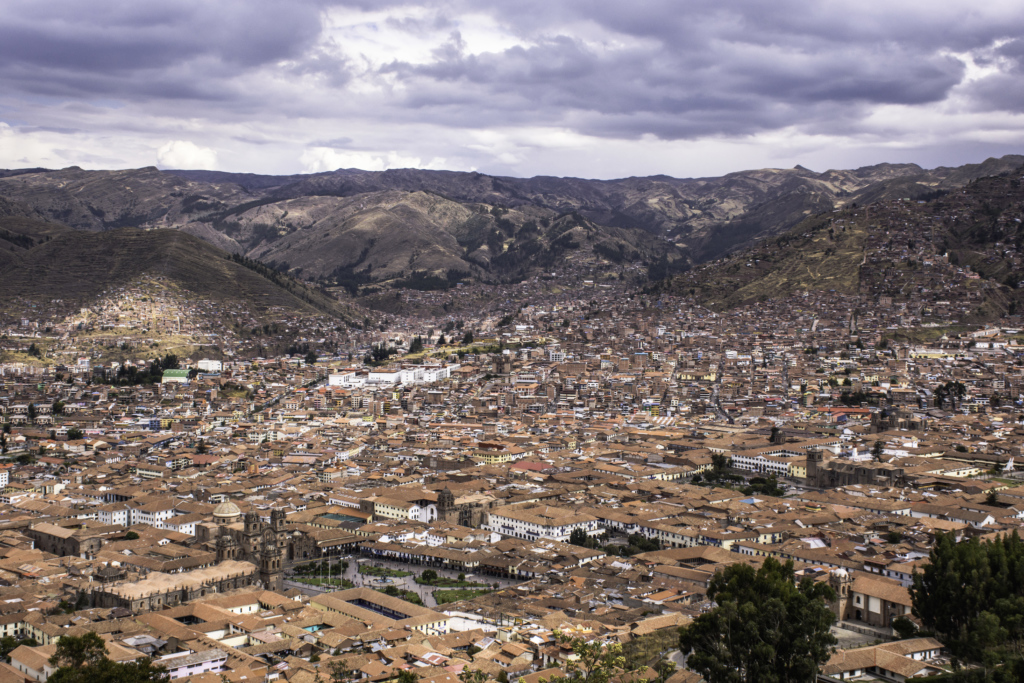
A More Sustainable Peru Post-Covid-19
Jan 26 | Lisa Viscidi, Nate Graham | El Comercio
Covid-19 has devastated the Peruvian economy. But as the country seeks to rebuild in the virus’s wake, it has a chance to focus on fighting climate change and creating a more sustainable development model. The extractive industries central to Peru’s economy are a source of underutilized revenues that could help seize this opportunity.
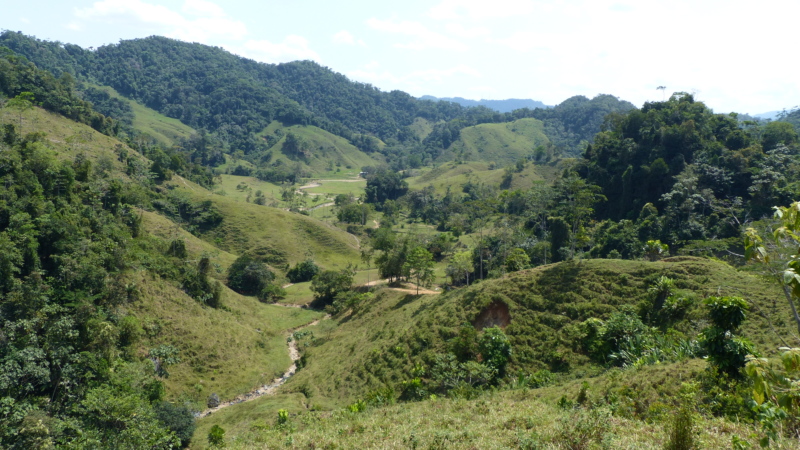
Ideas para vincular regalías, cambio climático y la recuperación verde
Dec 2 | Lisa Viscidi, Nate Graham | El Tiempo
A medida que Colombia trata de recuperarse de la devastación económica que le ha generado el Covid-19, también debe esforzarse en el cumplimiento de sus metas en materia de cambio climático y la creación de un modelo de desarrollo más sostenible. Los ingresos fiscales procedentes de la producción de minería e hidrocarburos podrían utilizarse para cumplir con esos importantes objetivos.
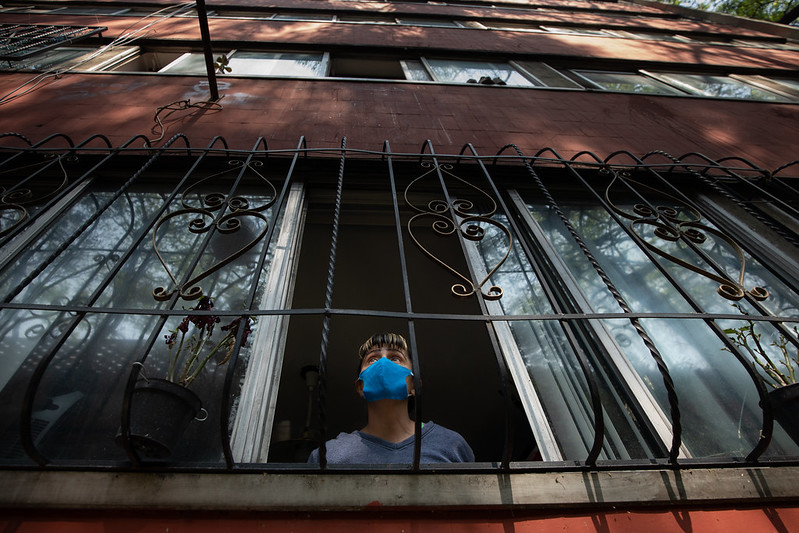
Intertwining Afflictions: Corruption and Covid-19 in Latin America
Oct 16 | Casey Wetherbee | Voces Blog
As governments and regional organizations muster a plan for post-pandemic economic recovery, addressing corruption must be at the forefront of any response — now more than ever.
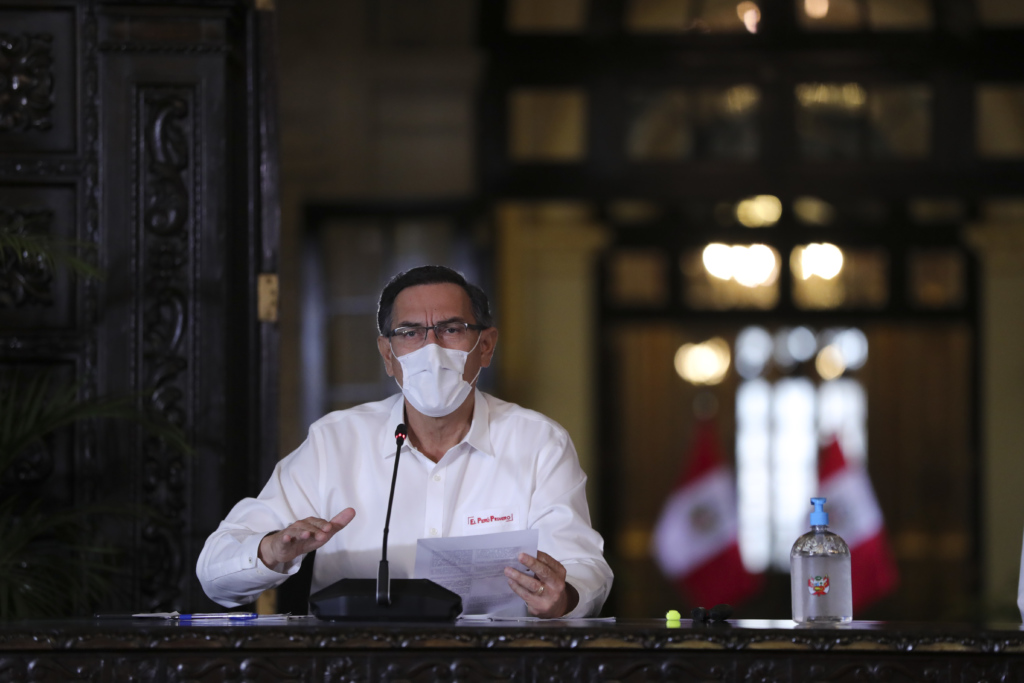
Balance económico y político del Covid-19 en el Perú
Oct 1 | Luis Miguel Castilla | Voces Blog
Perú ha logrado salir airoso de otras duras pruebas en el pasado y no hay razón alguna que permita anticipar que esto no vuelva ocurrir. Las elecciones del próximo año serán clave para determinar el futuro de millones de ciudadanos peruanos y se logre impulsar una agenda que revierta el deterioro social del país y lo haga menos vulnerable a los shocks que a futuro se tendrán que enfrentar.
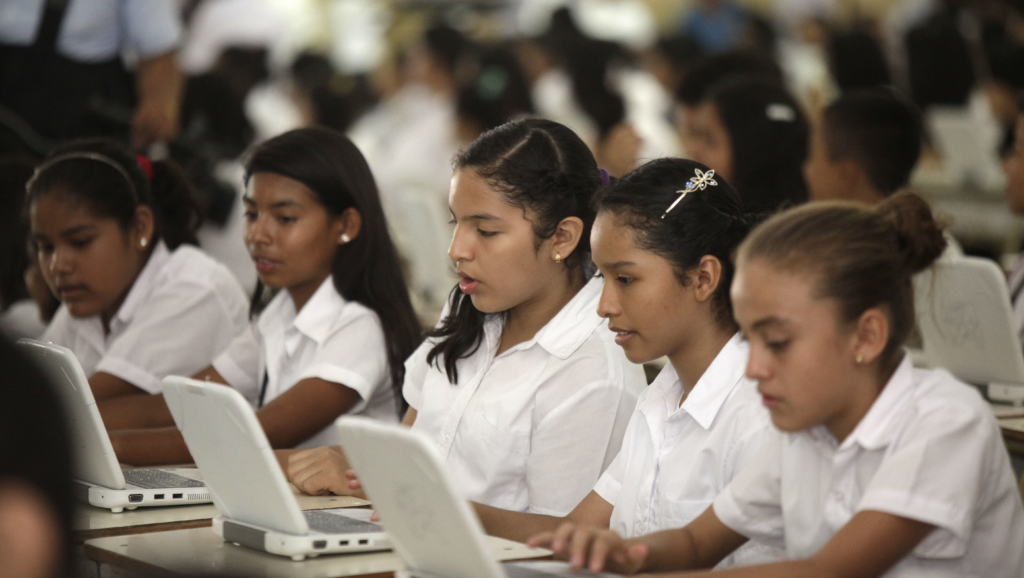
Connectivity Challenges during Covid-19: Telecommunication Strategies
July 7 | Daniela Saez | PREAL Blog
This blog details some of the responses implemented by telecommunication companies in the region to address connectivity problems in order to ensure students can continue their online education.
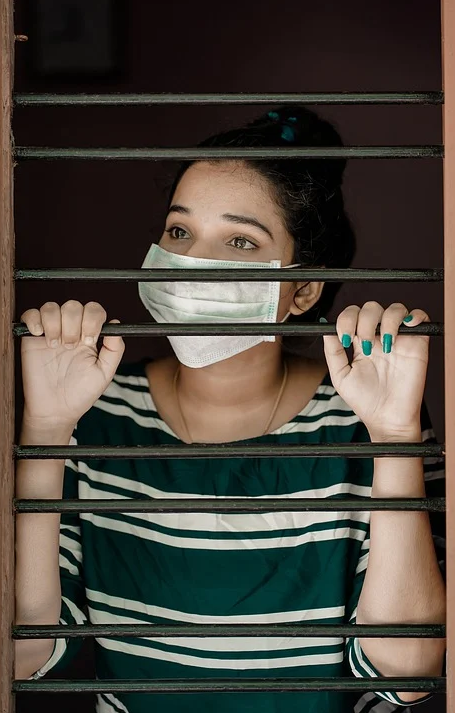
Domestic Violence in the Context of Covid-19: State Responses & Alliances in Latin America
June 16 | Joan Caivano, Sofia Lalinde & Melanie Ordoñez
Covid-19 restrictions have resulted in an increase of domestic violence throughout the region. In response, governments and other societal actors have had to quickly implement new forms of outreach, adapt their resources to fit a Covid-19 reality, and develop new partnerships to widen their impact.
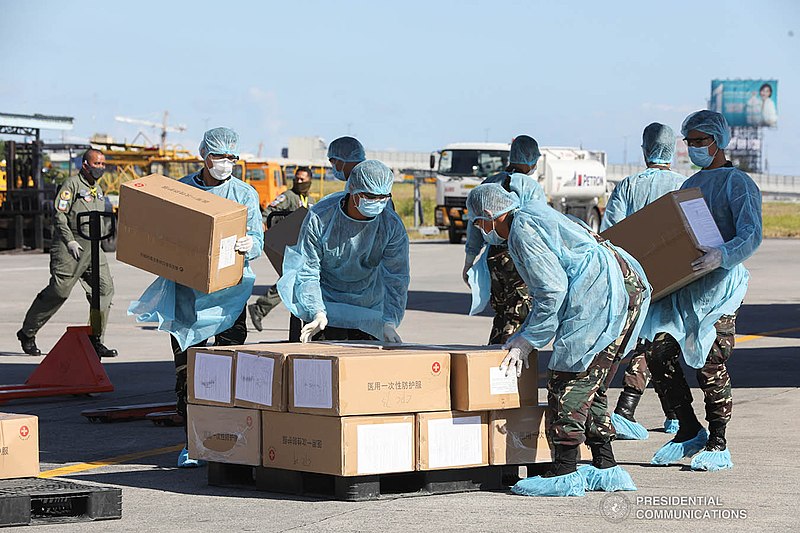
China’s Medical Outreach in LAC: Facts and Features
May 22 | Margaret Myers & Ricardo Barrios | VOCES Blog
Tracking the nature and extent of China’s “mask diplomacy” in Latin America and the Caribbean
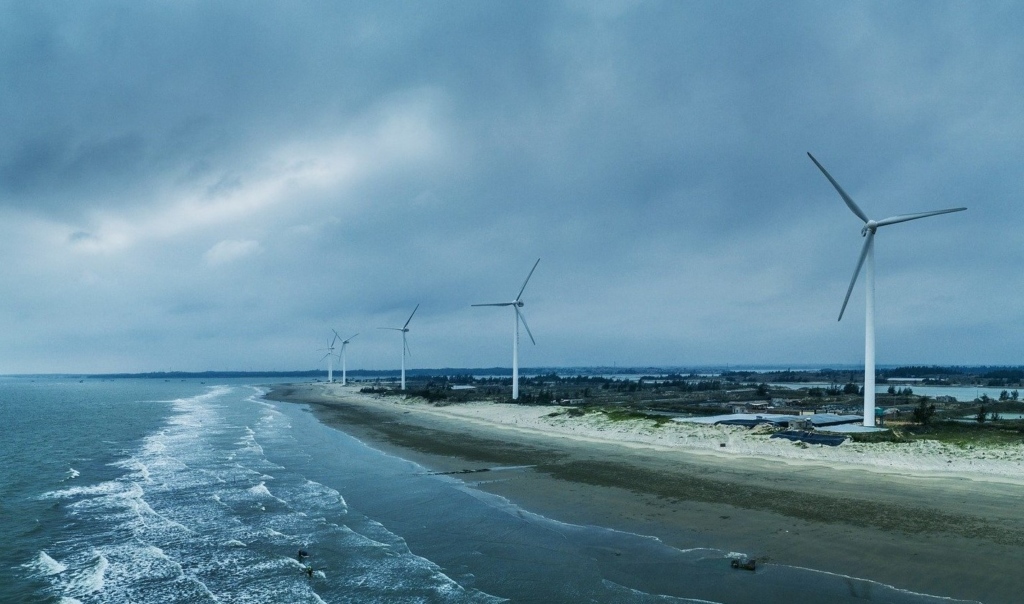
What Does Covid-19 Mean for Caribbean Energy?
May 22 | Jed Bailey & Nate Graham | VOCES Blog
The economic damage wrought by Covid-19 in the Caribbean will have numerous implications for the energy sector. In this Q&A, Jed Bailey, managing director of Energy Narrative, discusses impacts for renewables, resilience, utilities, and more.
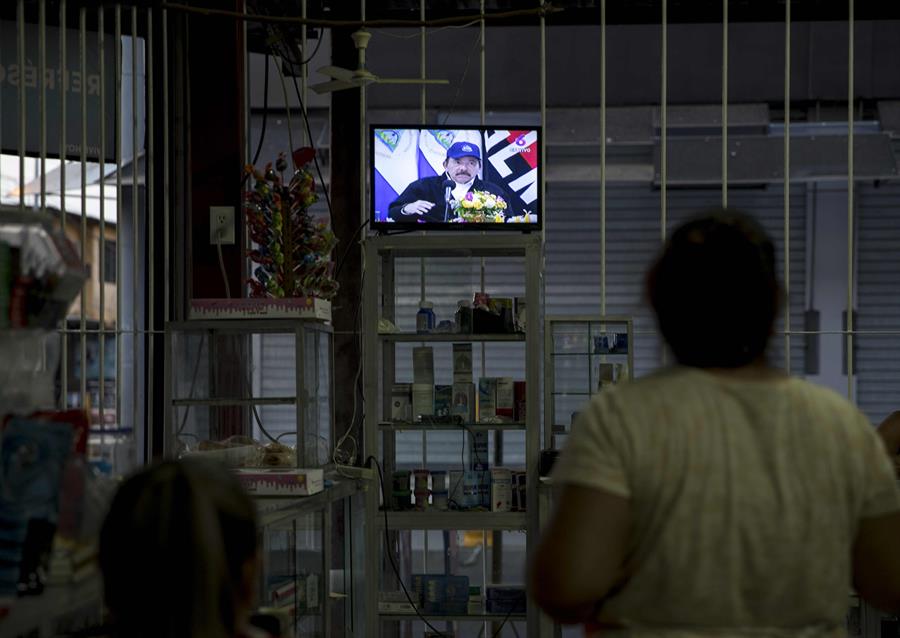
Covid-19 Pandemic and the Lack of Democracy in Nicaragua
May 19 | Manuel Orozco | Confidencial
Daniel Ortega’s regime is using the Covid-19 pandemic as an opportunity to ensure political survival. The consequences of the government’s inaction are deadly.
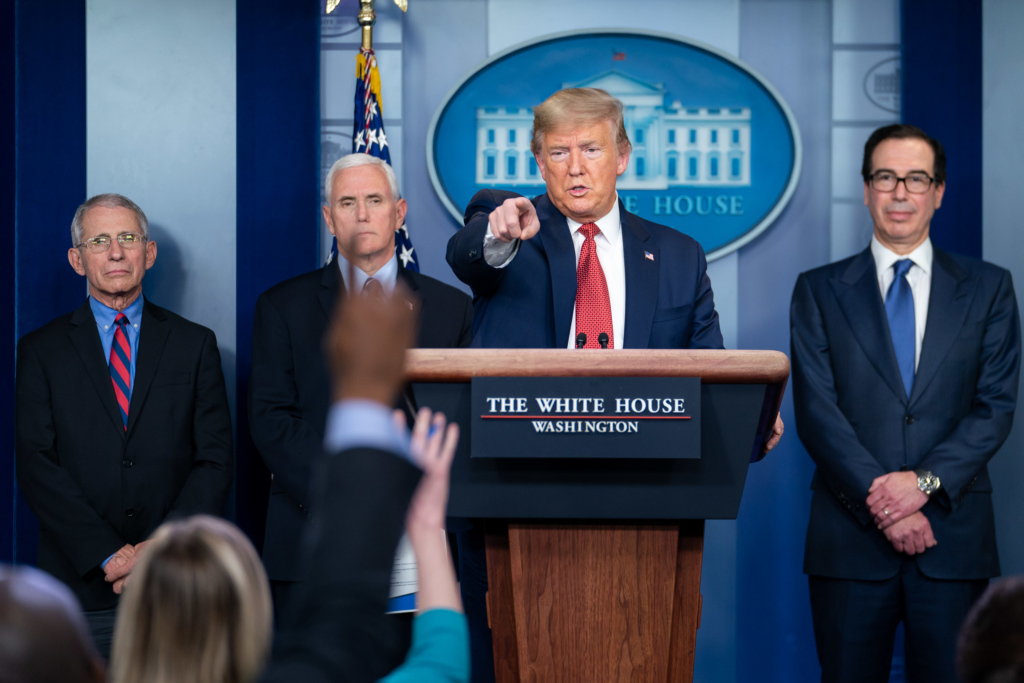
The Trump Show
May 4 | Michael Shifter | El Faro
Against the backdrop of a devastating health and economic crisis, Trump is simply unable to show real leadership and has been unwilling to assume his share of responsibility for the calamity. As the US entered the worst phase of the crisis, his position on the pandemic has been notably incoherent and contradictory.
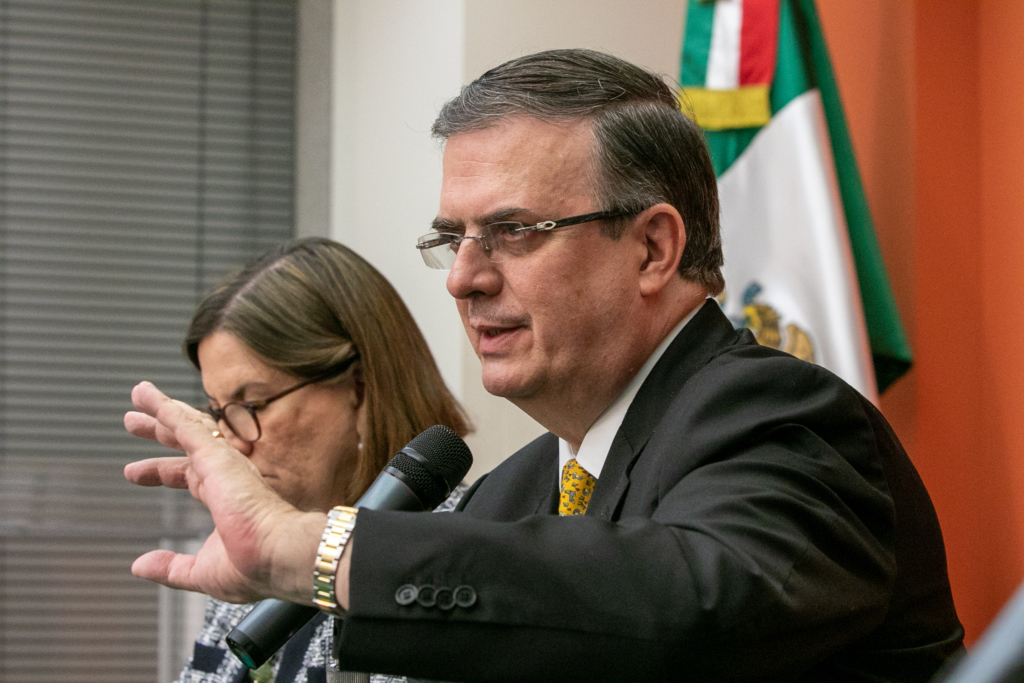
Amid Covid-19, China Ups Its Game in Latin America
April 21 | Rebecca Bill Chavez & Paul Angelo | The New York Times
China has become an essential, reliable partner for Latin American nations, while the United States, under the Trump Adminstration, has alienated itself away from longtime regional partners.
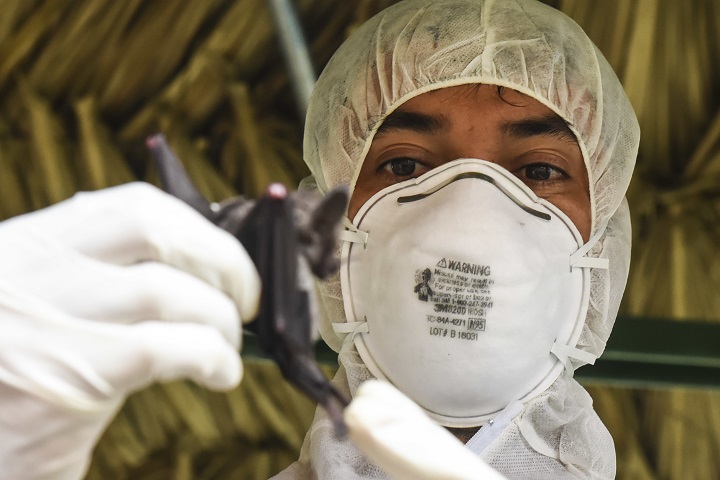
Latin America and Covid-19: Conditions for a Sustained Recovery
April 14 | Luis Miguel Castilla | Voces Blog
Latin America and the Caribbean is confronting a severe recession with uncertain prospects. Although the recovery will primarily depend on external factors, three key components will determine whether the region is capable of sustaining its path of economic prosperity and social cohesion: sound economic management, access to external finance and delivery of quality public goods and services to all its citizens. Covid-19 introduces the sense of urgency and opportunity to continue making real progress.
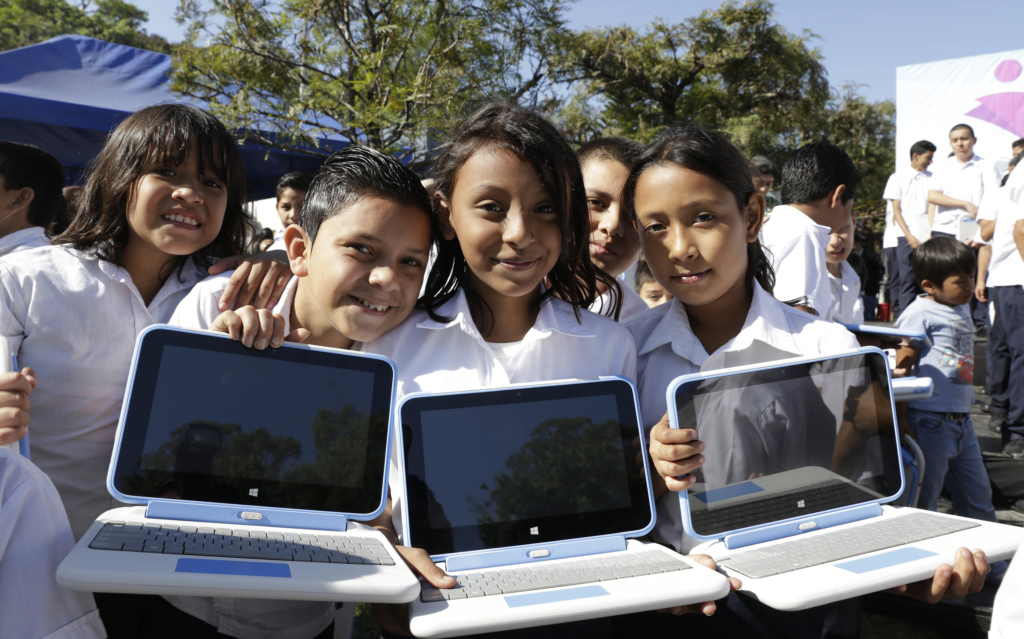
How to protect education outcomes in the face of the Covid-19 crisis?
April 10 | Ariel Fiszbein | PREAL Blog
The Covid-19 pandemic has created a crisis in the education systems of Latin America and the Caribbean like never before. During the Covid-19 pandemic, what solutions can mitigate the negative impacts of school closures?
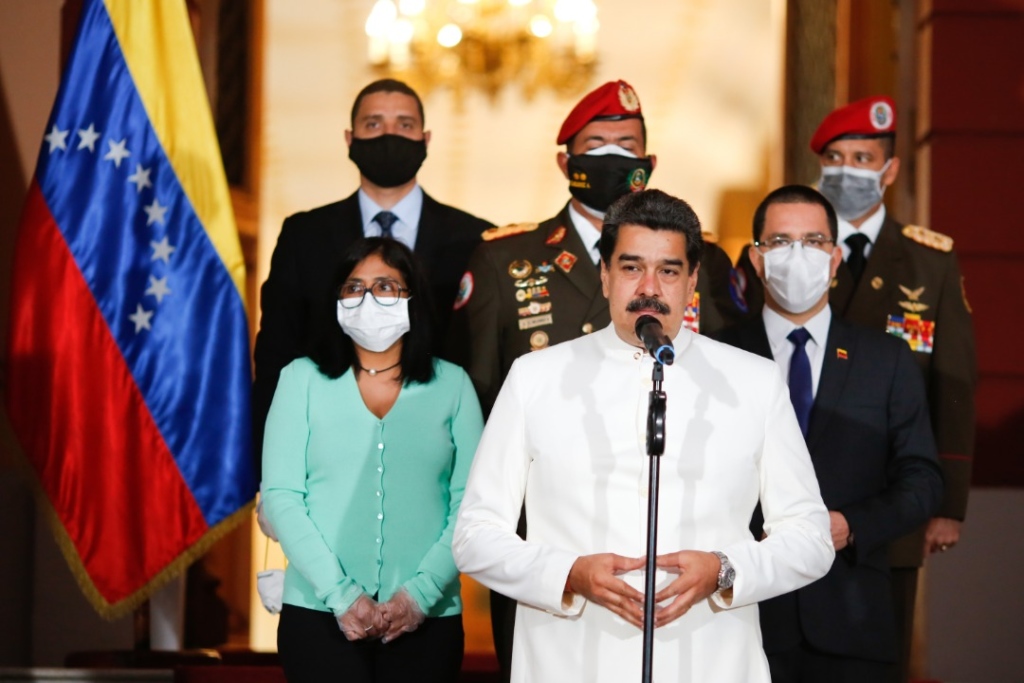
Venezuela Can’t Confront Covid-19 Without a Political Truce. Will Washington Help?
Abril 9 | Feliciano Reyna, Temir Porras & Verónica Zubillaga | Voces Blog
Perhaps hundreds of thousands of lives—inside Venezuela and across its borders—now depend on whether our leaders can put aside their battle for control, engage politically in good faith, and momentarily put the wellbeing of citizens first by taking the urgent steps needed to combat the virus crisis and its consequences.
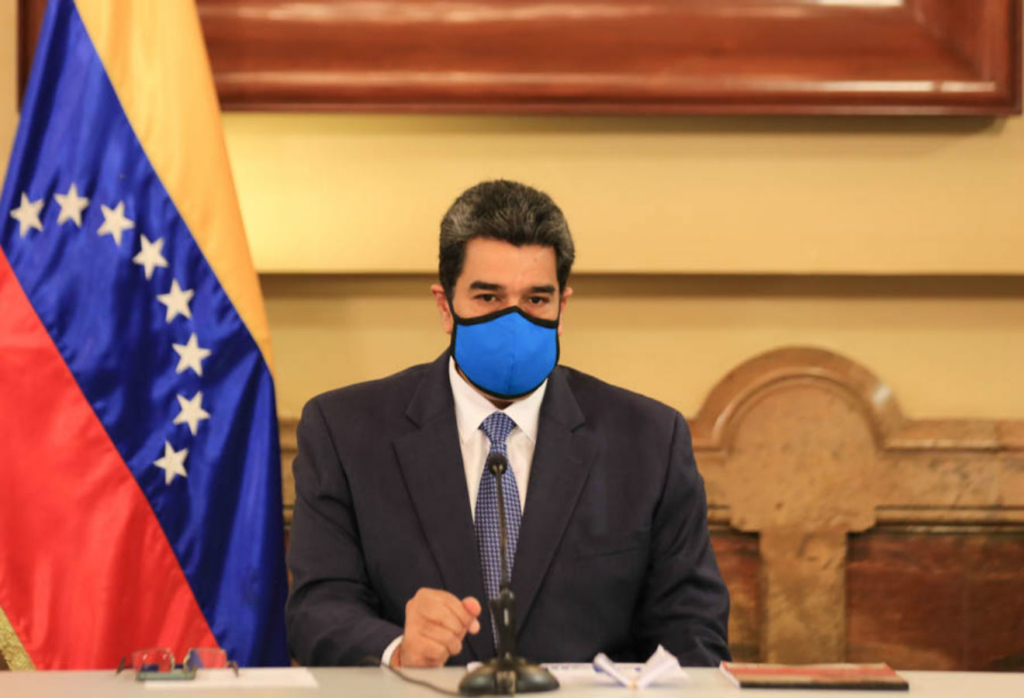
It’s Not the Time for War Games With Venezuela
Abril 8 | Michael Shifter & Michael Camilleri | The New York Times
The priority of the US in the country should be to avoid a humanitarian disaster, not sending naval destroyers.
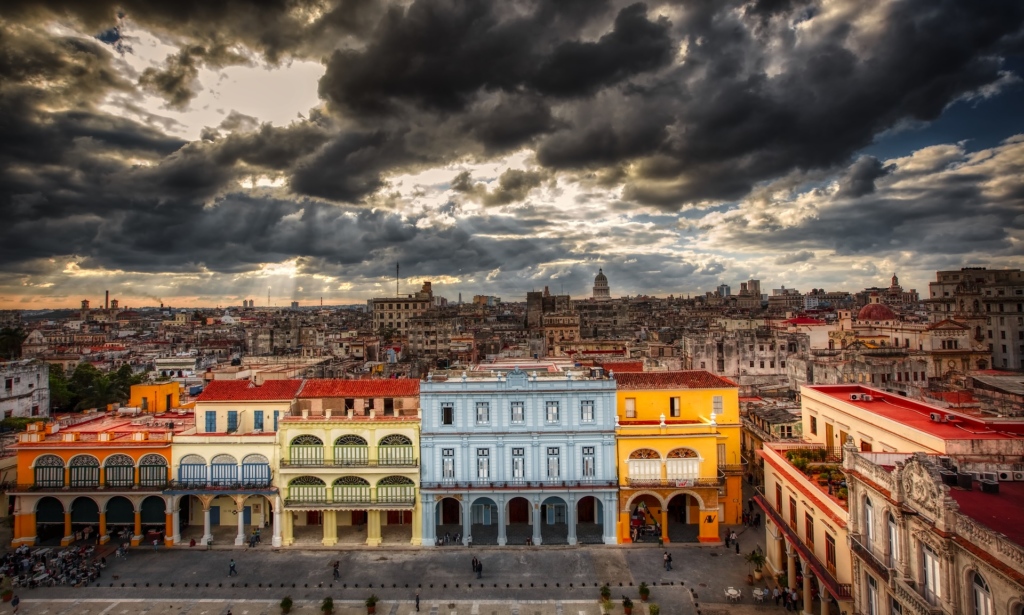
Cuba 2020: ¿a las puertas de una crisis humanitaria?
April 2 | Lenier González | Voces Blog
Cuba vive el efecto acumulado de la crisis estructural de su modelo sociopolítico y económico –que no fue transformado y no es sostenible de cara al futuro–, más el impacto de nuevos factores externos. La combinación de todo ello acrecentará radicalmente la crisis que vive el país.

Covid-19 Pandemic Puts Populism Front and Center in Latin America
April 1 | Catharine Christie | Voces Blog
The actions, or lack thereof, of the presidents of the region’s two biggest countries, Mexico and Brazil, have drawn particular scrutiny, casting a fresh spotlight on populism in Latin America and its particular vulnerabilities in the face of a global pandemic.

Pandemic and Price Collapse: Impacts for Energy in Latin America
March 27 | Lisa Viscidi & Nate Graham | Voces Blog
The perfect storm of the plummeting oil price and the Covid-19 pandemic could have dire consequences for oil-dependent Latin American economies, lead to a reduction in upstream investment, and damage the prospects for renewable energy projects.

Could China Be a White Knight Again for Latin America?
March 24 | Margaret Myers | Americas Quarterly
China came to the rescue in Latin America and the Caribbean after the Global Financial Crisis. Can it do so again?
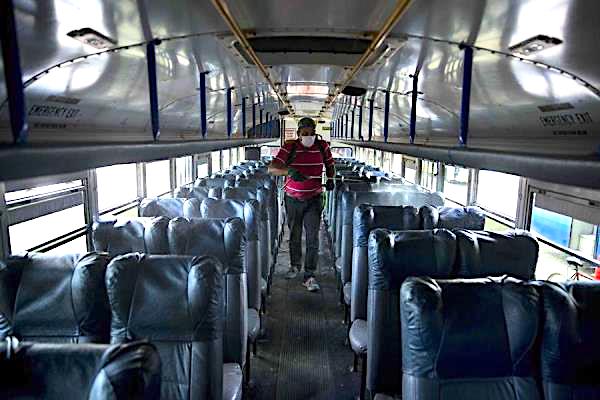
El impacto de la pandemia sobre las remesas en Nicaragua y América Latina
March 23 | Manuel Orozco | Confidencial
La pandemia causada por el Covid-19 está creando estragos y consecuencias económicas en todo el mundo. En 2020, se proyecta caída de -5 por ciento de las remesas en Nicaragua, recibiendo $75 millones menos, con una caída mayor del turismo, la economía caerá en -2 por ciento.
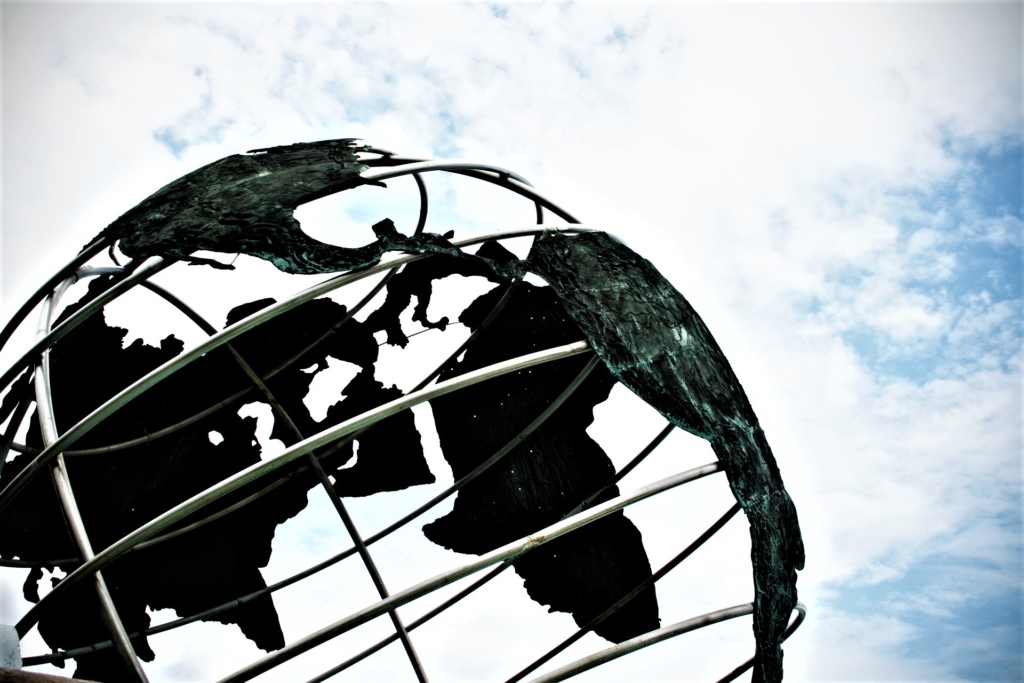
Migrants and the Impact of the COVID-19 Pandemic on Remittances
March 20 | Manuel Orozco | Analysis
Past events involving worldwide crises can offer insight as to how this pandemic will likely affect remittance transfers. Considering migrants’ financial and health vulnerabilities as well as the forecast recession, a conservative estimate shows that remittances will register a -3 percent decline in 2020 relative to 2019, from $77 billion to $75 billion.
Upcoming Events
*See all upcoming events here
Event Summaries
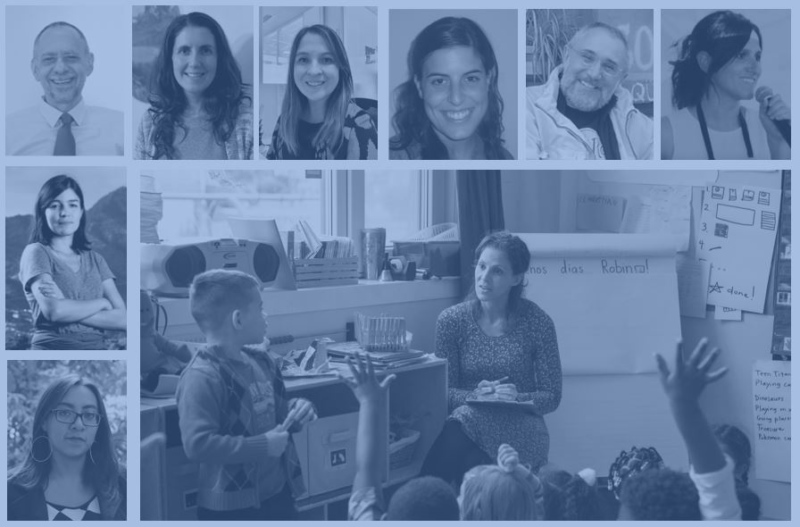
Evaluando la dimensión socioemocional de los estudiantes en la pandemia y la reapertura
El 17 de mayo, el programa de educación del Diálogo Interamericano, con el apoyo de la Fundación Tinker, realizó un seminario virtual del que participaron distintos especialistas que compartieron herramientas, estrategias y distintas alternativas existentes para medir las habilidades socioemocionales de los estudiantes y aproximarse a la dimensión socioemocional en el contexto de la pandemia del Covid-19.

Healthcare Investment & Economic Recovery in the Americas
On May 6, 2021, the Inter-American Dialogue hosted the online event, “Healthcare Investment & Economic Recovery in the Americas.” The panel discussed the state of healthcare in the region, and how targeting specific health investments can lead to a more sustainable economic recovery in Latin America and the Caribbean.
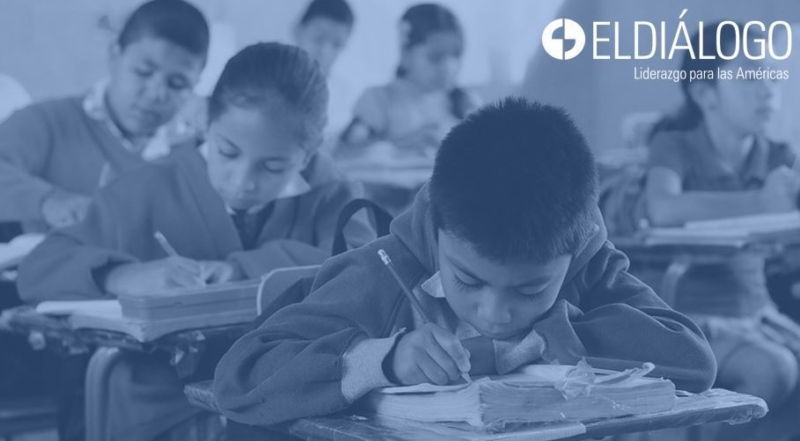
¿Cómo apoyamos a los alumnos y a sus docentes en la reapertura? El rol de las evaluaciones diagnósticas de aprendizajes
El 27 de abril, el programa de educación del Diálogo Interamericano convocó un seminario virtual, con el apoyo de la Fundación Tinker, para discutir el rol de las evaluaciones diagnósticas de aprendizajes para apoyar a alumnos y docentes en la reapertura de las escuelas.
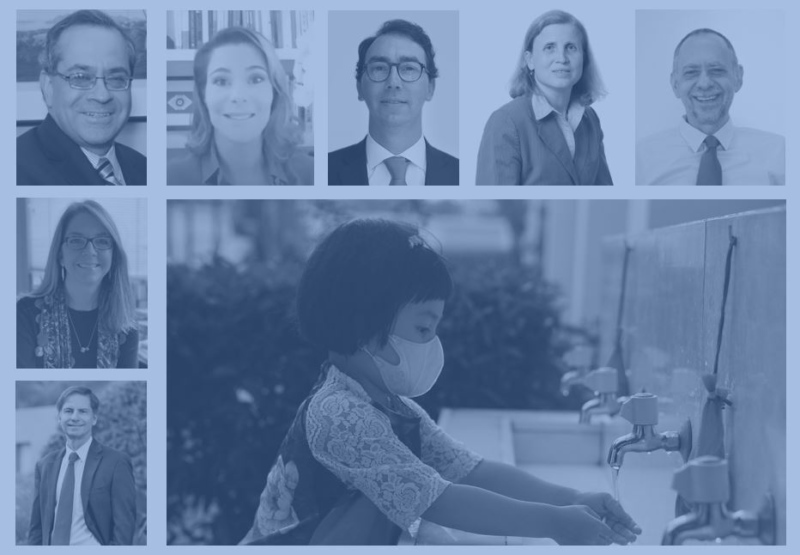
The Costs of and Response to the Covid-19 Pandemic’s Impact on the Education Sector in Latin America and the Caribbean
On April 14, 2021, the Inter-American Dialogue hosted the online event “On April 15, the Inter-American Dialogue’s Education Program and the World Bank held a webinar to present the results of a World Bank report on the costs Latin American and Caribbean countries have faced due to the pandemic and school closures. Panelists from the World Bank, Chile, Brazil, and Colombia shared reflections on emerging lessons for reopening schools and discussed policy recommendations for learning recovery and a safe return to in-person classes.
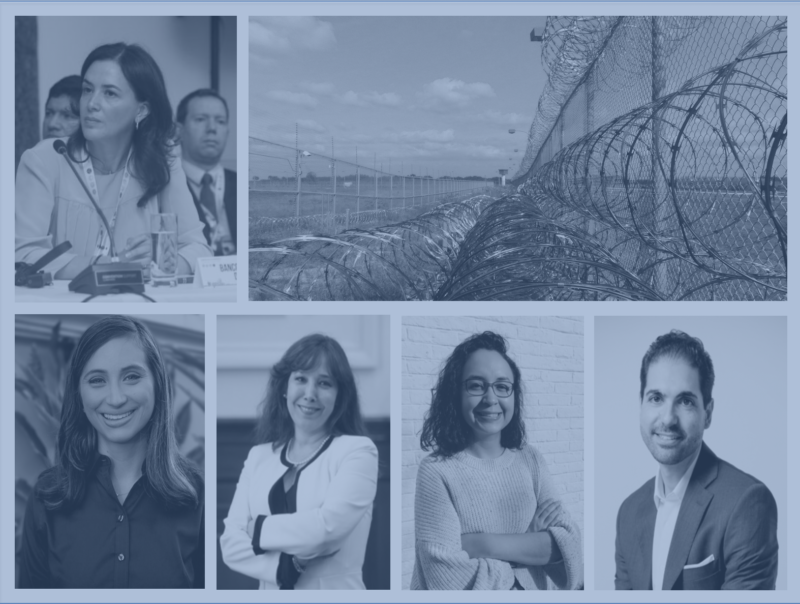
The Covid-19 Pandemic and Prison Policy in Latin America
On April 14, 2021, the Inter-American Dialogue hosted the online event “The Covid-19 Pandemic and Prison Policy in Latin America”. The panel discussed a new report published by the Dialogue’s Peter D. Bell Rule of Law Program authored by María Luisa Romero, Luisa Stalman, and Azul Hidalgo Solá, which examined how the Covid-19 pandemic impacted prison policies in Latin America.
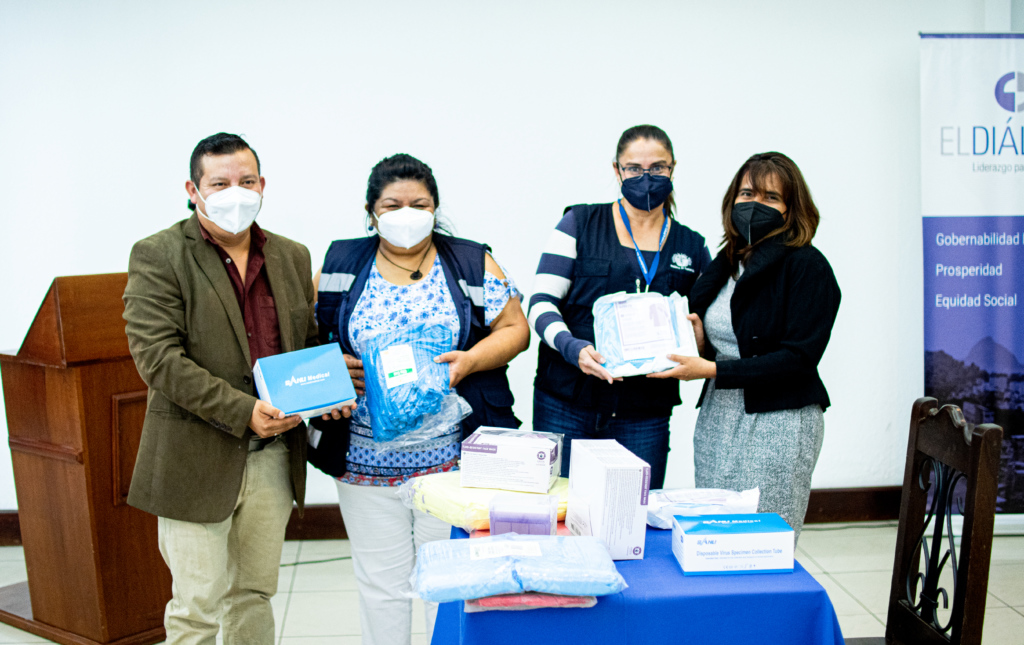
Engaging Networks to Address the Covid-19 Pandemic in Guatemala
In recent months, the Inter-American Dialogue has been honored to work with its network of partners to support pandemic response efforts in the Guatemalan communities where we work. Following a generous donation of Covid-19 testing supplies and PPE equipment from the United Nations Office for Project Services (UNOPS) and Cities Alliance, the Dialogue was proud to facilitate coordination between regional entities, municipal authorities, hospitals, and donors to prioritize needs and distribute supplies.
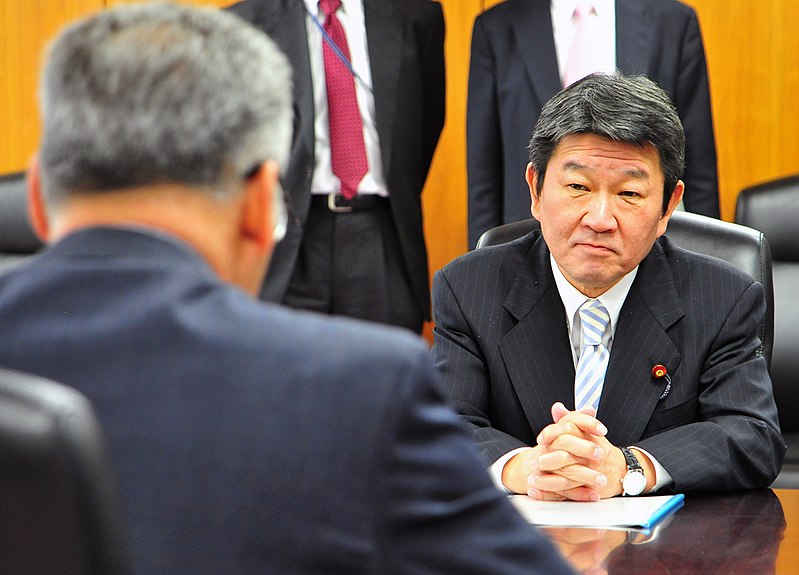
Japan’s Role in LAC’s Covid-19 Recovery
Japan has a critical role to play in Latin America’s post-Covid-19 recovery.

Es hora de utilizar los ingresos de las industrias extractivas para combatir el cambio climático y promover la recuperación verde
Durante un evento del Diálogo Interamericano el 16 de diciembre, se enfatizó en que a medida que las economías intentan reconstruirse luego de la crisis generada por el Covid-19, surge la oportunidad de acelerar la mitigación del cambio climático, la adaptación al mismo, y de elaborar modelos económicos más sostenibles. Los ingresos de las industrias extractivas pueden proporcionar recursos cruciales para cumplir este objetivo bajo un modelo eficiente en términos de inclusión social e impacto ambiental.

Evaluating the Impact of the Pandemic on Early Childhood Development in Latin America and the Caribbean
During this event, panelists presented the report “Measuring the Impact of Covid-19 on Children under Six in Latin America: Mapping Surveys in Progress and Systematizing Lessons Learned,” authored by Gabriela Guerrero (GRADE). This report brings together efforts across Latin American and Caribbean countries to measure the impact of the pandemic on early childhood.

Evaluating Learning in Times of Covid-19 – ICAN, a Civil Society Initiative
During this event, the panelists shared their experiences on the current challenges and opportunities to evaluate learning in on-site contexts and during the pandemic in Latin America and the Caribbean.
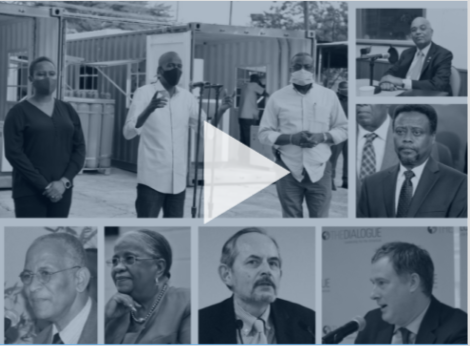
Haiti and Covid-19 – Analysis and Solutions
On August 4, 2020, the Inter-American Dialogue hosted “Haiti and Covid-19 – Analysis and Solutions,” a webinar in partnership with Université Quisqueya to discuss their newly launched book, “Haiti et le Covid 19. Des outils pour comprendre et agir.” The panel featured Fritz Jean, Georges Sassine, Mirlande Manigat, and Georges Fauriol. Dan Erikson moderated the event.
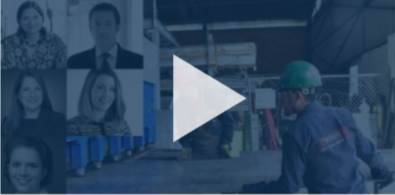
Economic Recovery and the Potential for Expanding Production in the Americas
On July 30, 2020, the Inter-American Dialogue hosted “Economic Recovery and the Potential for Expanding Production in the Americas,” a webinar featuring Martha Bárcena, Michelle DiGruttolo, Gabrielle Trebat and Edgar Villanueva. The discussion focused on the ways in which Covid-19 has disrupted regional supply chains and the potential for regional economic integration in the post-pandemic recovery.
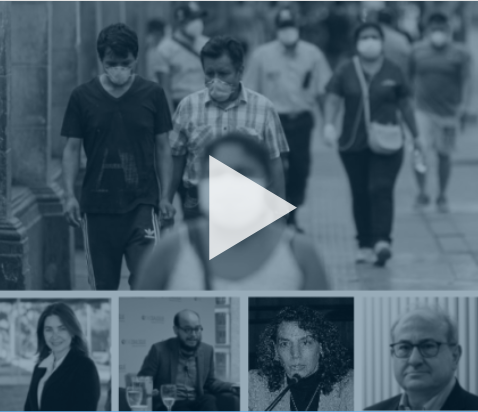
Peru’s Covid-19 Outbreak
On June 30, 2020, the Inter-American Dialogue hosted “Peru’s Covid-19 Outbreak,” a webinar featuring Alberto Vergara, Lucía Dammert, and Carolina Trivelli. The discussion focused on the political and institutional dimensions of the Covid-19 pandemic in Peru as the country faces some of the worst infection rates in the world.
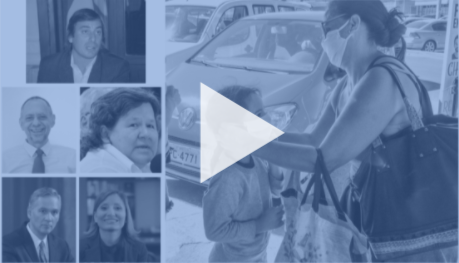
Early Childhood Care Services Packages in Latin America
How have countries in Latin America adapted early childhood care services during the Covid-19 crisis? On June 18, this webinar explored how leaders have designed and implemented resources for children at every stage during the pandemic.
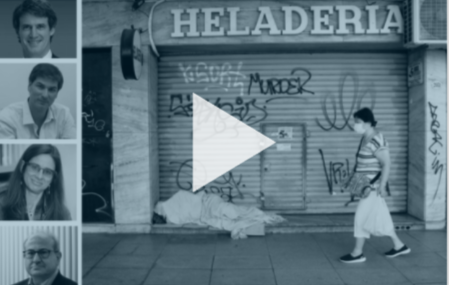
Argentina: Between Covid-19 and Default
On June 1, 2020, the Inter-American Dialogue hosted “Argentina: Between Covid-19 and Default,” a webinar featuring Maria Victoria Murillo, Alfonso Prat-Gay, and Rodrigo Zarazaga. Michael Shifter moderated the event. The discussion focused on the political, economic, and social dimensions of the current situation in Argentina as the country has found itself in the middle of both a global pandemic and a massive debt negotiation.
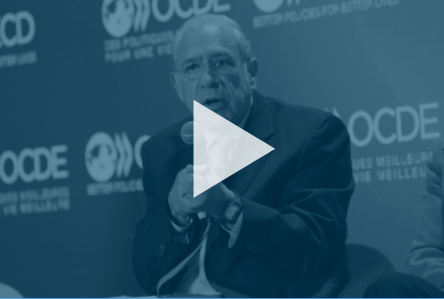
Assessing the Economic and Social Impact of Covid-19 – A Conversation with OECD Secretary-General, Ángel Gurría
On May 22, 2020, the Inter-American Dialogue hosted “Assessing the Economic and Social Impact of Covid-19 – A Conversation with OECD Secretary-General, Ángel Gurría.” Before being appointed Secretary-General in 2006, Gurría served as Minister of Foreign Affairs and Minister of Finance and Public Credit for his home country of Mexico. He has been a member of the Dialogue since 2001.
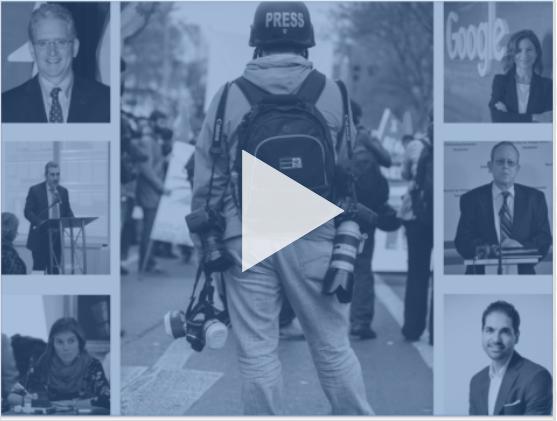
Voices in the Pandemic – Covid-19 and Freedom of Expression in the America
On May 20, 2020, the Inter-American Dialogue, Global Affairs Canada and the Office of the Special Rapporteur of Freedom of Expression of the Inter-American Commission on Human Rights hosted “Voices in the Pandemic – Covid-19 and Freedom of Expression in the Americas.”

Innovation and Technology in Latin America’s Post-Pandemic Recovery
On May 13, the Inter-American Dialogue hosted the online webinar “Innovation and Technology in Latin America’s Post-Pandemic Recovery” with the participation of Carmen Pagés-Serra, Andrés Cadena, Ángel Melguizo, and Victor Muñoz.
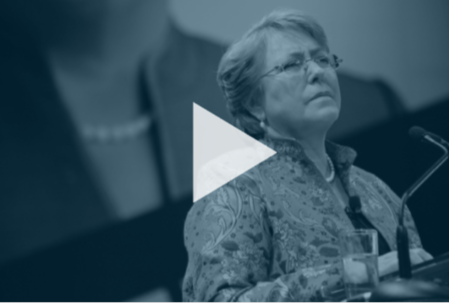
Covid-19 and Human Rights in Latin America – A Conversation with Michelle Bachelet
On April 29, the Dialogue hosted an in-depth conversation with UN High Commissioner for Human Rights Michelle Bachelet on the implications of the Covid-19 pandemic in the state of human rights in Latin America.
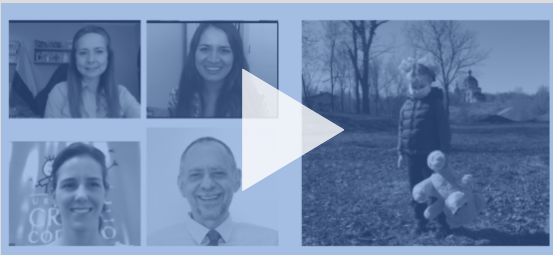
Early Childhood and Covid-19: Responses to the Emergency
What effect has the Covid-19 pandemic had on services for early childhood? This webinar explores how the responses in the region have responded to the crisis.
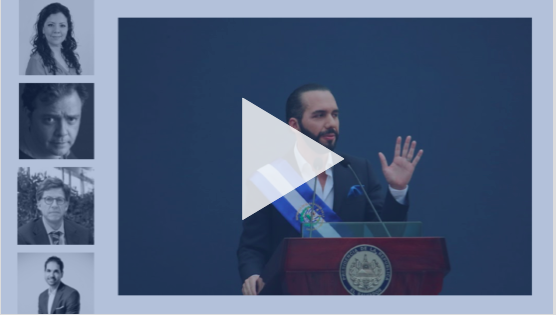
Pandemic Response and Executive Authority – The Case of El Salvador
On April 22, the Inter-American Dialogue hosted Pandemic Response and Executive Authority – The Case of El Salvador, an online event featuring Leonor Arteaga, senior program officer for the Due Process of Law Foundation and member of the El Salvador National Commission for the Search of Disappeared Persons (CONABÚSQUEDA), Carlos Dada, founder of El Faro, and José Miguel Vivanco, executive director of the Americas Division of Human Rights Watch.
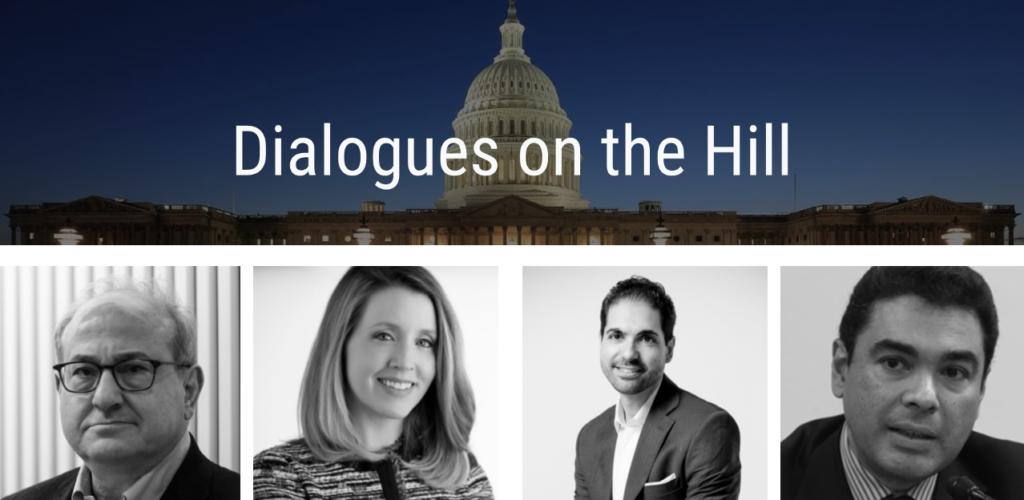
Congressional Staff Briefing: Covid-19 & Latin America and the Caribbean
On April 16, Dialogue experts briefed key congressional staff in both the House and Senate on Covid-19 and its impact on Latin America and the Caribbean.
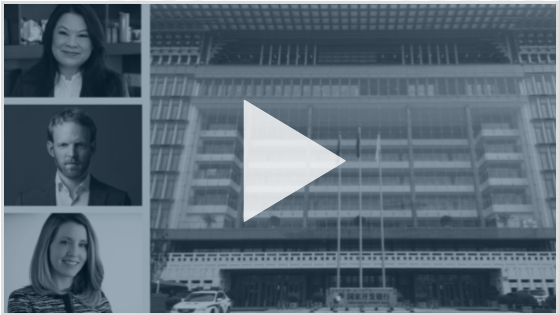
What Role for China in LAC’s Covid-19 Recovery?
On April 9, the Inter-American Dialogue hosted “What Role for China in LAC’s Covid-19 Recovery?”, a conference call with Joyce Chang, Dialogue member and managing director and chair of Global Research at JP Morgan, and Oliver Stuenkel, associate professor of international relations at the Getulio Vargas Foundation (FGV) in São Paulo.

Virtual Education in the Times of Covid-19: Seminar in Memory of José María Antón
On April 7, the Education Program hosted a webinar to reflect about the legacy of José María Antón and discuss the digital educational opportunities during the Covid-19 crisis.

Pandemic and Politics in Venezuela
On April 2, the Inter-American Dialogue hosted “Pandemic and Politics in Venezuela”, a conference call with Miguel Pizarro, Feliciano Reyna, and Daniella Liendo. The discussion was moderated by Michael Camilleri, Director of the Peter D. Bell Rule of Law Program at The Dialogue.
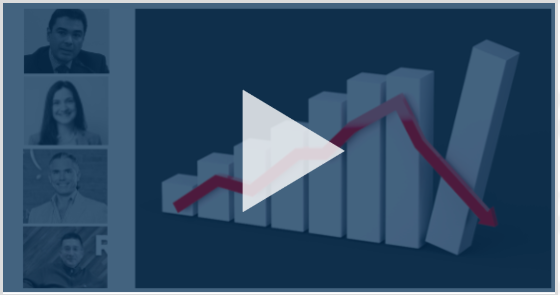
Impact of the Covid-19 Pandemic on Migrants and Remittances to Latin America and the Caribbean
On April 2, Manuel Orozco, Mariellen Jewers, Piero Coen and Gene Nigro discussed the economic and health consequences caused by Covid-19 to migrants and how it impacts Latin America and the Caribbean. Estimates show that remittances to LAC countries will register at a negative seven percent decline in 2020.
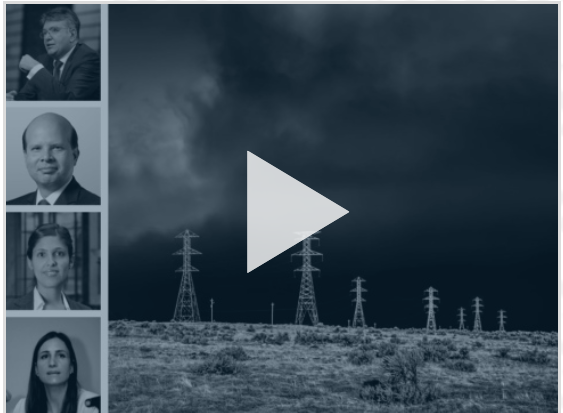
Examining Implications of Covid-19 and Low Oil Prices for Latin American Energy
The recent oil price collapse, combined with the economic contraction resulting from measures to fight the global Covid-19 pandemic, will have extensive and largely unforetold impacts for Latin American energy markets and beyond. These implications include cuts to investment and delays to ongoing projects in both oil & gas and renewable energy, fiscal and broader economic constraints, and legal disputes, said panelists during a webinar held on April 1.
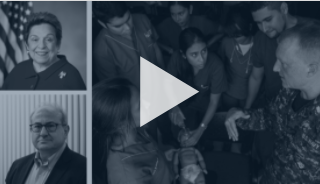
US Regional Cooperation on Covid-19 with Congresswoman Donna Shalala
On March 26, the Inter-American Dialogue hosted a conference call with Congresswoman Donna Shalala (D-FL, 27). The discussion centered around the spread of Covid-19 in Latin America & the Caribbean and how the United States can work with international partners to combat the pandemic.
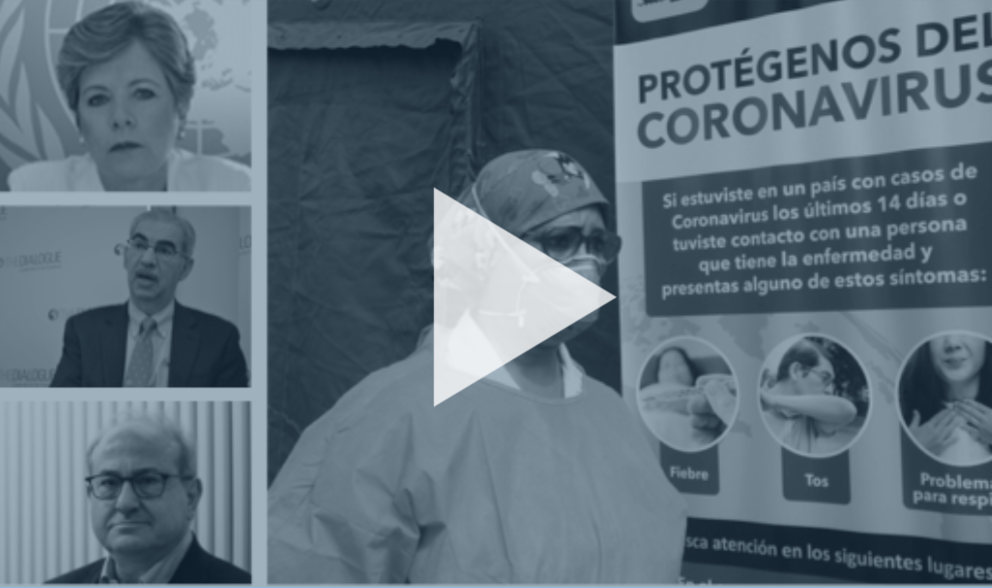
Coronavirus and its Consequences for Latin American & Caribbean Economies
On March 19, the Inter-American Dialogue hosted a conference call with Alicia Bárcena and Santiago Levy. The discussion centered around the consequences of this pandemic for the global economy and the Latin American and Caribbean region in particular.
‘Unfulfilled Promises’ Update
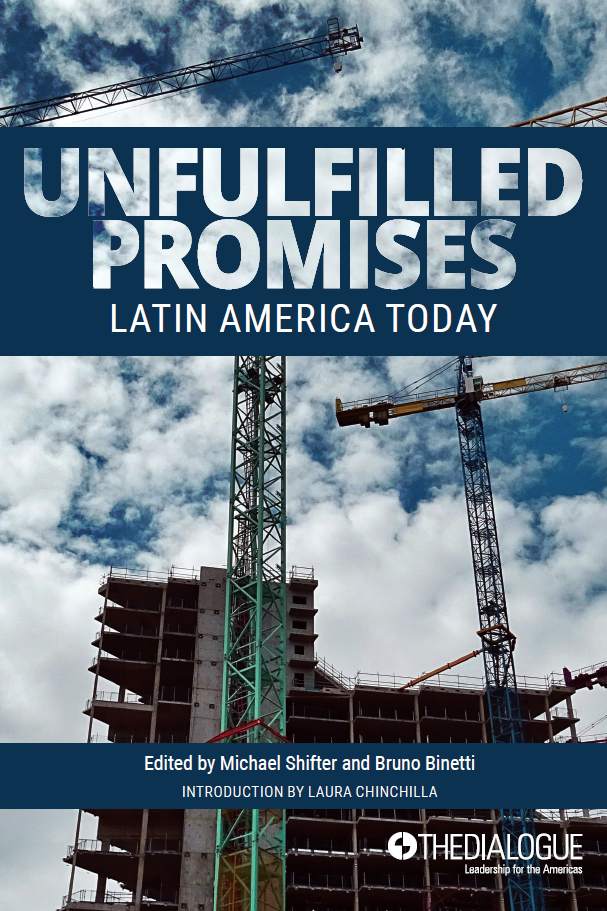
In 2019 the Dialogue published Unfulfilled Promises: Latin America Today, a collection of six essays analyzing six of the region’s most salient challenges: rule of law and democratic institutions; citizen security; poverty and inequality; economic growth; regional integration; and global insertion. The book is available in English, Spanish, and Portuguese.
More than one year after the publication of the book, the Covid-19 pandemic has upended the world. How does the new environment affect Latin America, and what are its impacts on the six issues explored in the volume? To answer this fundamental question, we asked the authors to reflect on the implications of the public health and economic crises for Latin America’s future.
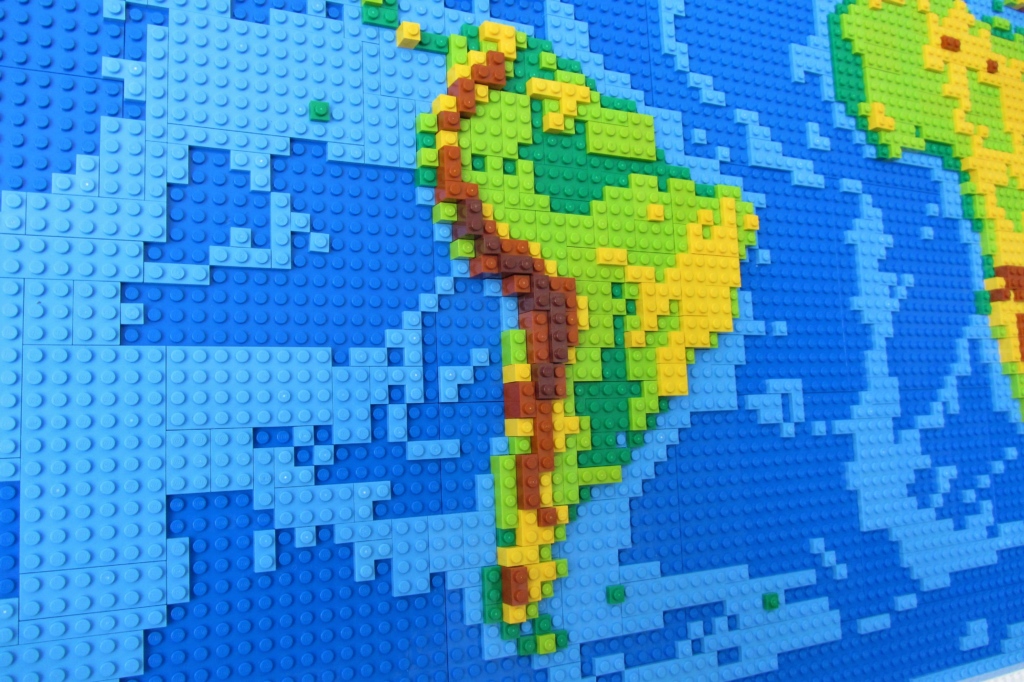
Regionalism and Covid-19
July 20 | Ana Covarrubias
The Covid-19 pandemic has once more demonstrated the fragility of Latin American regional and subregional organizations, and the reasons for it: the weaknesses of domestic institutions, the lack of shared interests and values, and the dependence on foreign powers. It is not too late to turn the pandemic into an opportunity to acknowledge the existence of common interests, and the value of pursuing them collectively.
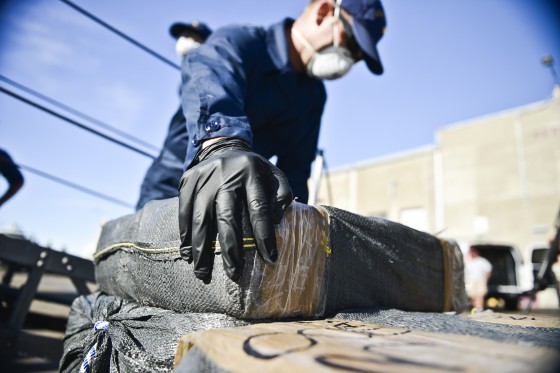
The Pandemic is Disrupting Organized Crime, But Not Necessarily for the Better
June 26 | Robert Muggah
Covid-19 is transforming organized crime. In addition to heightening the risk of violence, the pandemic is also indirectly strengthening the social, economic, and political clout of several criminal organizations in the same way that the Italian mafia and Japanese Yakuza emerged stronger after the great dislocations of the Second World War. Crime kingpins know full well that law enforcement and criminal justice systems are overstretched, and that prisons are bursting at the seams. They also know that an economic depression is coming, which may increase the risk of violence. It is not entirely clear if governments are similarly alert.

Latin America After Covid-19: Just as Heterogeneous, Fragmented, and Irrelevant as Before…So Now What?
Jun 11 | Andrés Malamud
How does the Covid-19 pandemic affect Latin America’s insertion with the world? Andrés Malamud explored this topic in the book ‘Unfulfilled Promises’ in 2019. Today he reflects on how the pandemic has changed none of the trends he then identified. Rather, it has highlighted all of them: at the global level, we witness increasing multipolarity, failure of multilateral cooperation, and a Sino-American power transition; in Latin America, we observe structural heterogeneity, political fragmentation, and geopolitical irrelevance.
From the Latin America Advisor

Will Patent Waivers Make Covid Vaccines More Accessible?
May 19 | Rolf Hoenger, Andrew Rudman, James Fitzgerald, Núria Homedes, Brian Toohey, Jaci McDole
What effect would such waivers have on the prevalence of counterfeit Covid-19 vaccines, and what would setting this precedent mean for the pharmaceutical industry at large? How likely is the proposal to be adopted at the WTO now that the Biden administration is supporting it, and how soon could the decision be made?
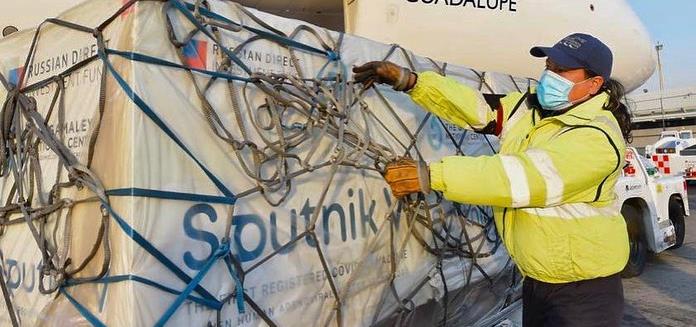
How Effectively Is Mexico Fighting the Covid Pandemic?
Apr 8 | Julio Frenk, Andrés Rozental, Pamela K. Starr, Rafael Pérez-Escamilla, Carin Zissis, Gavin Strong
What is the real state of the pandemic in Mexico, and what major limitations in the country’s public health system has it exposed? How well has Mexico’s government planned for vaccination rollout? With legislative and local elections scheduled for June, will the new statistics have political consequences?
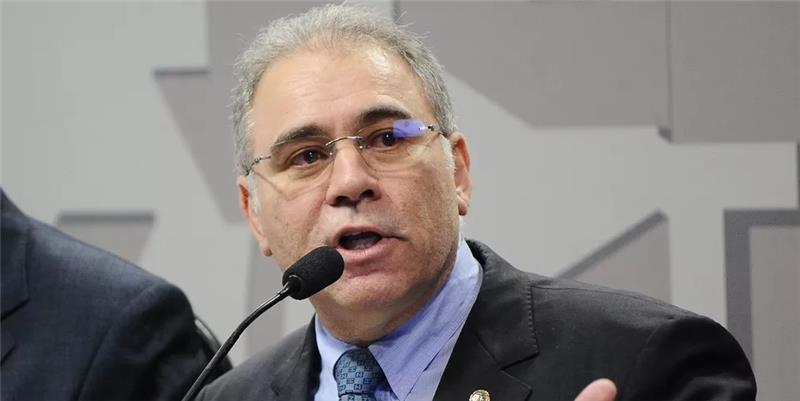
Can Brazil Stop Spiraling Covid-19 Cases and Deaths?
Mar 26 | Monica de Bolle, Nestor Forster Jr., Gabriela Lotta, Paulo M. Buss, Valéria Guimarães de Lima e Silva
Will new leadership at the health ministry bring significant change in the government’s health policy and response to the pandemic? What is the government doing, and what else should it do, to protect particularly vulnerable groups, including Indigenous communities in the Amazon? To what extent is an uncontrolled health crisis in Brazil, with potentially more dangerous mutations of the coronavirus, likely to hinder global efforts to contain the pandemic, and could Brazil face international pressure as a result?
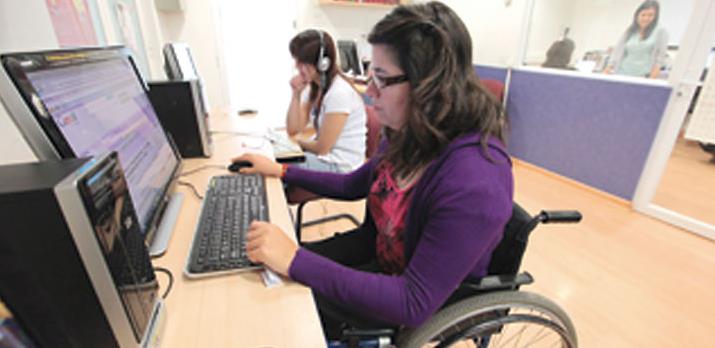
Can Latin America Create Better Job Options for Women?
Feb 26 | Alicia Bárcena, Paula Tavares, Ana Basco, Joyce C. Wong, Valentina Sader
What are the most significant factors explaining the plunge in the women’s employment rate last year, and what consequences does the drop have for the regional economy and social dynamics? Are the underlying reasons for the decline temporary or structural? Is the trend likely to be reversed soon, and what tools do governments have to create good job opportunities and, ultimately, better well-being for women?
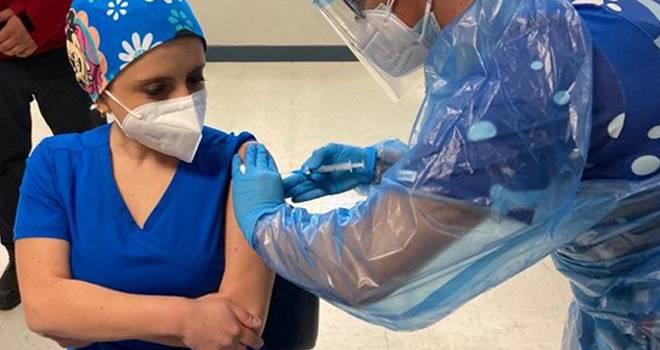
How Well Are Covid Vaccinations Going in Latin America?
Jan 12 | Maria Luisa Ávila, Katherine E. Bliss, Arachu Castro, Paulo M. Buss, Cuauhtémoc Ruiz Matus, Felicia M. Knaul, Michael Touchton
How do vaccination plans in Latin America and the Caribbean compare to those of the United States and other parts of the world? What sorts of problems have governments and health systems that have started the rollouts encountered so far? Which countries are best prepared for extensive inoculation, and what do you foresee as a realistic schedule for widespread and effective vaccination in the region?
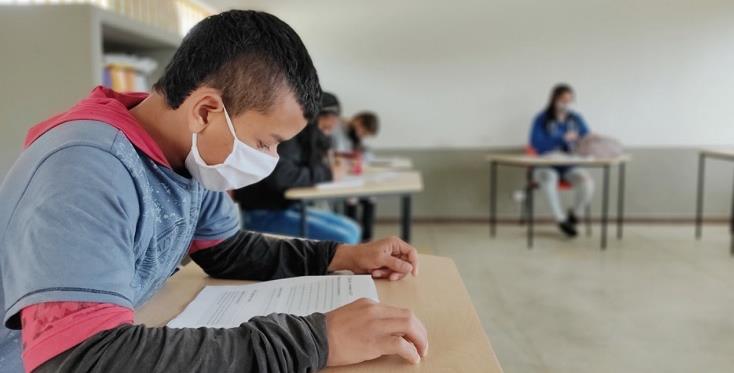
How Much Has the Pandemic Reversed Education Gains?
Jan 5 | Nora Lustig, Sarah Stanton, Debra Gittler, Leonardo Garnier, Mary Guinn Delaney, Zoila Recinos
What are the most significant implications of the growing education gap in Latin America and the Caribbean? To what extent has the pandemic reversed progress made in education in the last decades and heightened inequalities? In the years ahead, what should countries focus on in order to better rebuild the region’s education systems and to guarantee a more equal access and quality learning for all children?
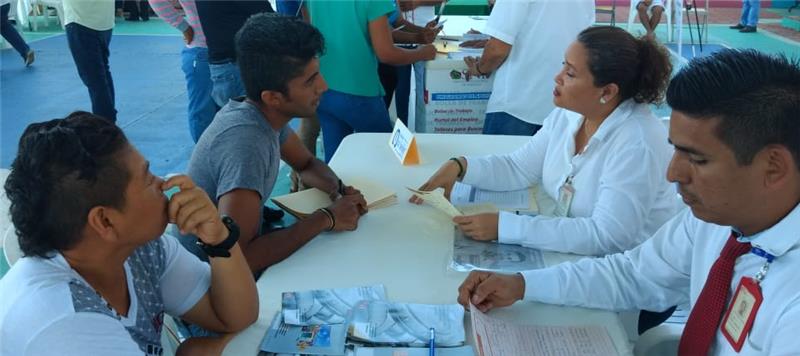
What Might Latin America’s Economic Recovery Look Like?
Dec 23 | Alicia Bárcena, Claudio Loser, Alfredo Coutiño, Joydeep Mukherji, Vangie Bhagoo-Ramrattan, Dorotea López Giral
What is the outlook next year for the region’s main economic indicators, such as GDP and inflation? What trends are likely to be observed in terms of currencies? Which countries will struggle with economic recovery the most next year, and which will bounce back quicker—and why?
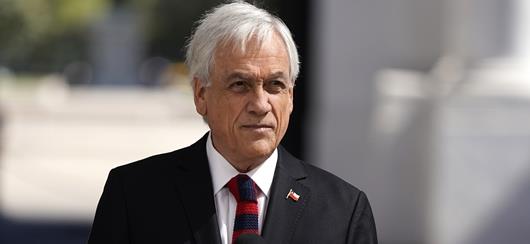
Will Chile’s Pension Withdrawals Cause Long-Term Pain?
Dec 17 | Carolina Goic, Kathleen C. Barclay, Guillermo Holzmann
What are the merits and downsides of the latest legislation, along with its long-term effects on the pension system? What political dynamics are at play, and can the Piñera administration consider this a win? What does the new law mean for citizens and businesses?
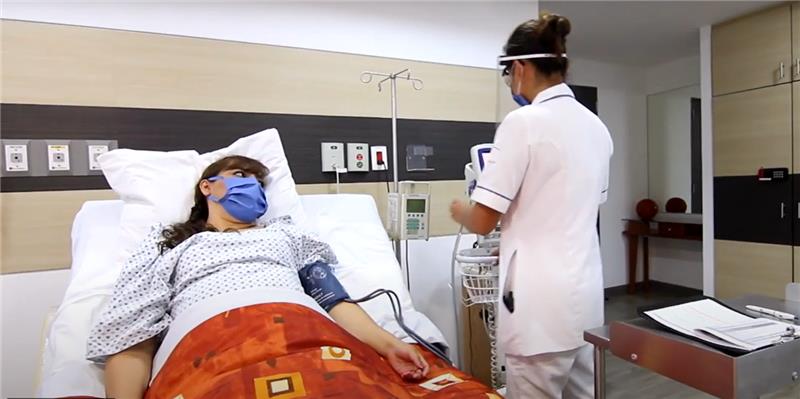
Will Covid Change How Latin America Offers Health Care?
Nov 18 | Jaana Remes, Rolf Hoenger, María del Rocío Sáenz Madrigal, Arachu Castro
What kind of innovation is needed to help ensure that patients in Latin America and the Caribbean get the care they need for noncommunicable diseases? How efficient and effective is public spending on health care currently? How can governments and the private sector better collaborate to maximize the value that is received from health care spending?

When Will Air Travel Get Back to Normal in Latin America?
Nov 12 | Landon Loomis, Helane Becker, Rafael Echevarne, Eliseo Llamazares, Peter Cerdá, Carlos Ozores
How much is air travel rebounding in Latin America, and what is the outlook for the sector next year? Which safety standards are proving to be the most effective, and how well are Latin American governments coordinating with the airlines that serve their countries in order to prevent the spread of infection? To what extent are countries in the region successfully working together in order to standardize air travel health safety protocols?
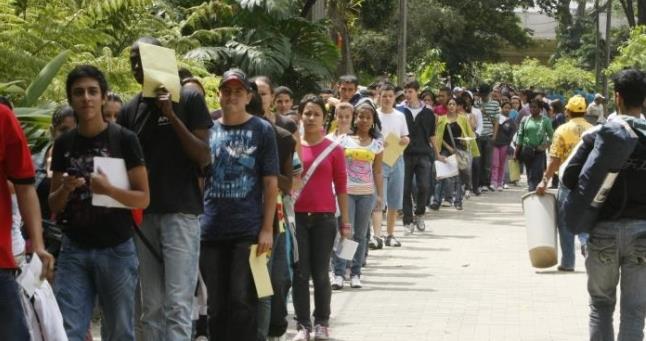
Can Latin America Replace Jobs Lost in the Pandemic?
Oct 15 | Salvador Paiz, Gimena Sánchez-Garzoli, Manuel Agosin
What strategies and tactics can countries use to more quickly recover jobs? Which industries will governments in the region target for support, and should they invest more in strategic or nontraditional sectors to create new employment opportunities? To what extent will the jobs that have been lost come back once the pandemic eases, and what other problems will stem from the job losses?
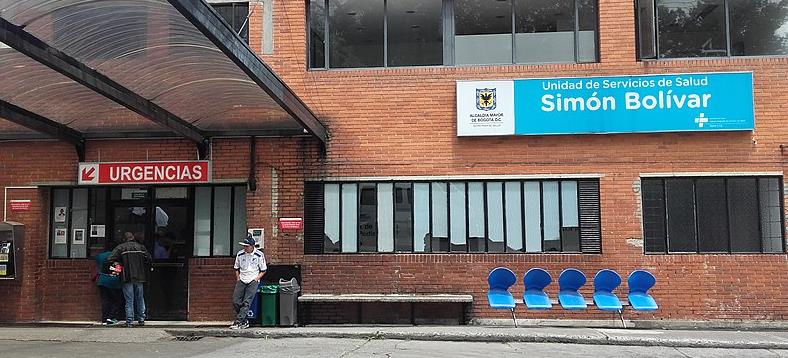
How Can the Region Ensure Treatment for Existing Conditions?
Aug 26 | Alicia Bárcena, Julio Frenk, Rolf Hoenger, María Luisa Ávila, Ansel Hennis, Felicia Knaul, Michael Touchton
How has the pandemic affected health care oriented toward noncommunicable diseases in Latin America and the Caribbean, and how can hospitals ensure that treatment of such illnesses continues amid the pandemic? What flaws in the region’s health services for noncommunicable diseases has the health crisis laid bare? How can the region strengthen related health services, and how can governments fund such efforts given the current economic downturn?
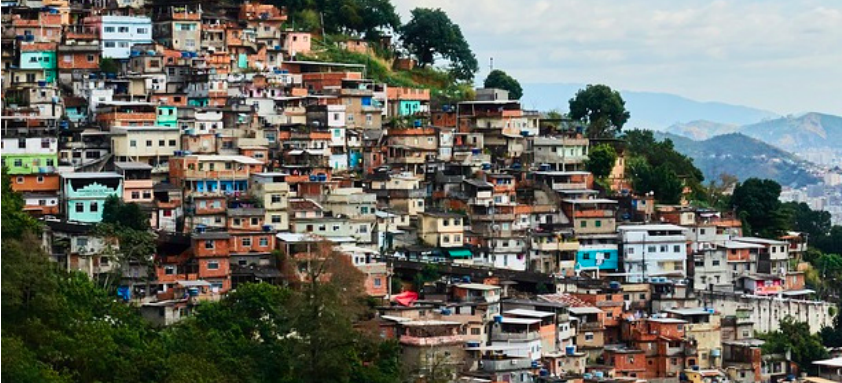
How Hard Is Covid Hitting the Region’s Afro-Descendants?
Jul 15 | Judith Morrison, Gladys Mitchell-Walthour, Raymond A. Joseph, Maria Velez de Berliner
How is the pandemic affecting Afro-descendants in the region differently from other groups, and what can authorities do to provide more equitable treatment? What challenges face Afro-descendant communities in the economic recovery, and what practices have proven successful in overcoming long-standing obstacles to Black people obtaining better job opportunities in the region? What can private sector employers in the region do to have a bigger role in the labor-market solution?
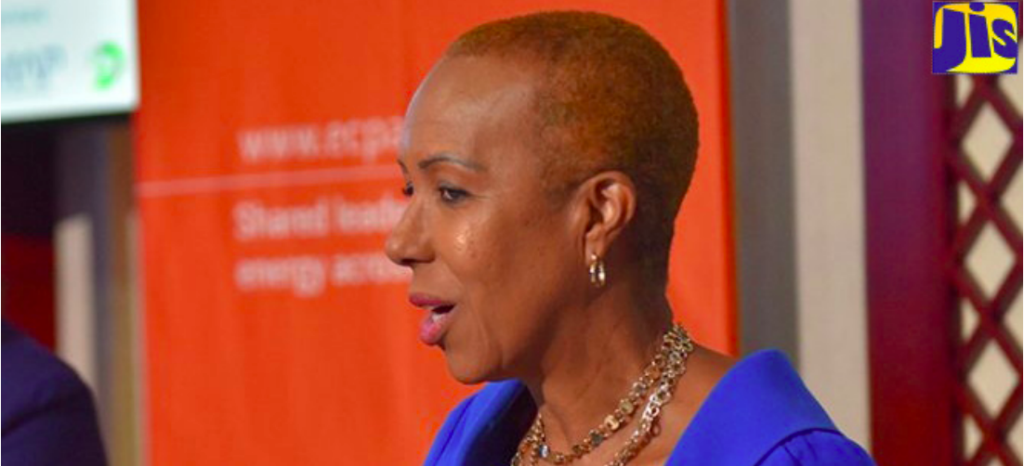
Has the Pandemic Derailed Jamaica’s Renewables Goals?
Jul 10 | Audrey Marks, James Ellsmoor, Jed Bailey, Malaika Masson
What is the current state of Jamaica’s energy sector? What are the most significant challenges it is facing? How realistic are the goals that Williams set out, and to what extent has the Covid-19 pandemic changed the plan’s assumptions?
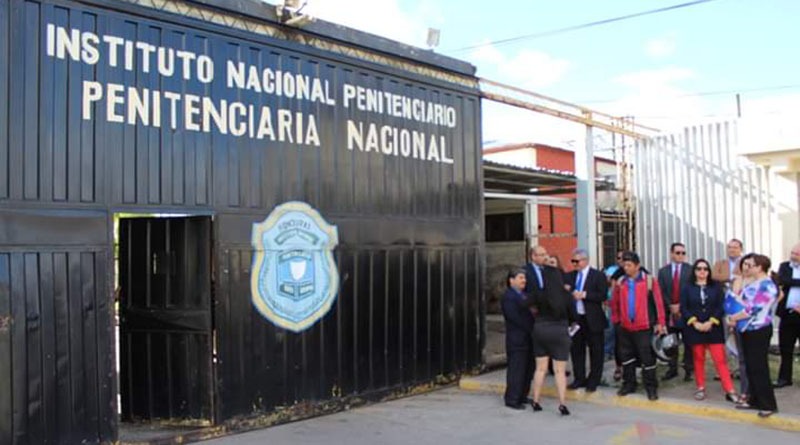
Can the Northern Triangle Contain a Prison Pandemic?
Jun 30 | Barry McCaffrey, Adam Blackwell, Yulia Vorobyeva, Tiziano Breda
What implications do the Covid-19 outbreaks in the three Central American nations’ prisons have for both health and security? To what extent are structures in place to effectively manage the outbreaks, and what is the best way for the countries’ governments to deal with the crisis? What effects will the pandemic have on the region’s prison systems in the future, especially in terms of funding and possible reforms?
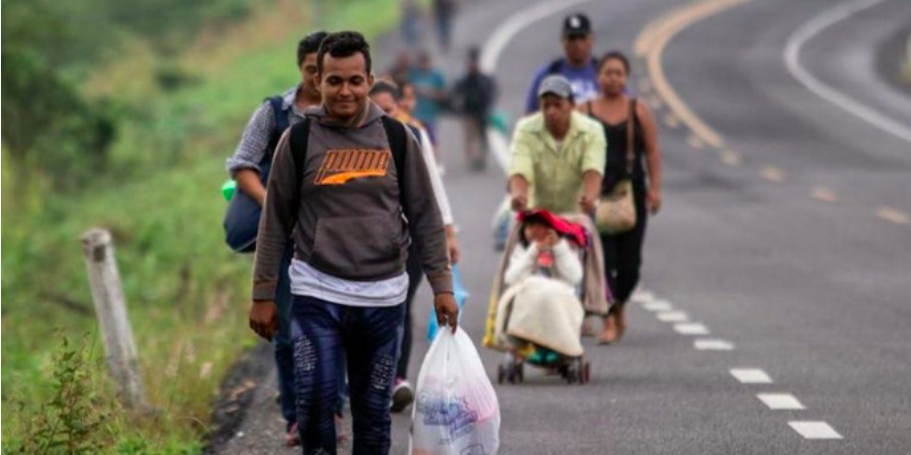
Will the Pandemic Increase Migration in Latin America?
Jun 26 | Manuel Orozco, Liliana Meza, Nicolás Marisca, Anita Isaacs
How likely are Chile and other countries in the region to see a sharp rise in immigration levels, and what factors will drive those flows? What pressures will an increase in migrants put on the receiving nations? What should countries in the region be doing now in order to prepare?
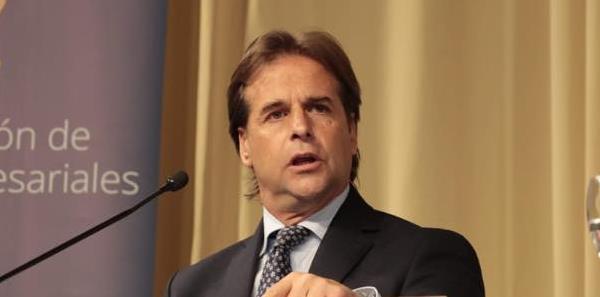
How Is Uruguay Avoiding the Worst of Covid-19?
Jun 16 | Nicolás Saldías, Rosario Medero, Ignacio Bartesaghi, Giovanni Escalante, Scott Morgenstern, Juan Andrés Moraes
Why did Uruguay see lower levels of coronavirus contagion than its neighbors? How well has the government of President Luis Lacalle Pou responded to the health crisis and its economic consequences? To what extent will its neighbors’ economic woes affect Uruguay’s road to recovery?
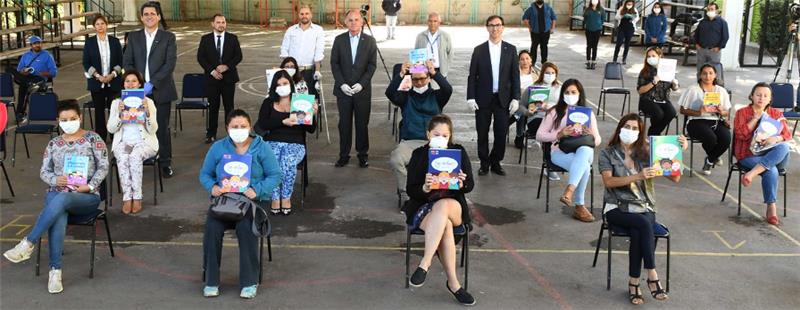
Will Latin America’s Schools Be Able to Reopen Safely?
May 18 | Ariel Fiszbein, Timothy Scully, Michael C. Lisman, Maria Soledad Bos
Do schools in Latin America and the Caribbean have enough government funding and resources to both educate students and protect their health amid Covid-19?
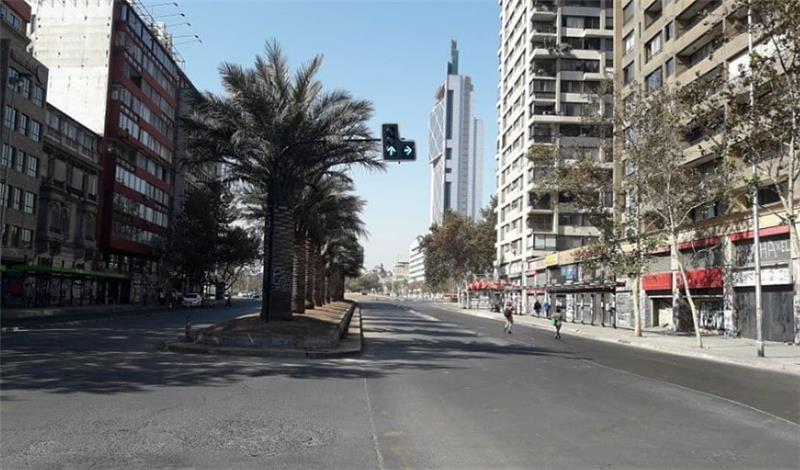
Has Covid Halted Momentum for Change in Chile?
May 8 | Patricio D. Navia, María Cristina Escudero, Claudia Heiss, Guillermo Holzmann
Has the coronavirus pandemic interrupted protesters’ momentum and hopes for social change in Chile?
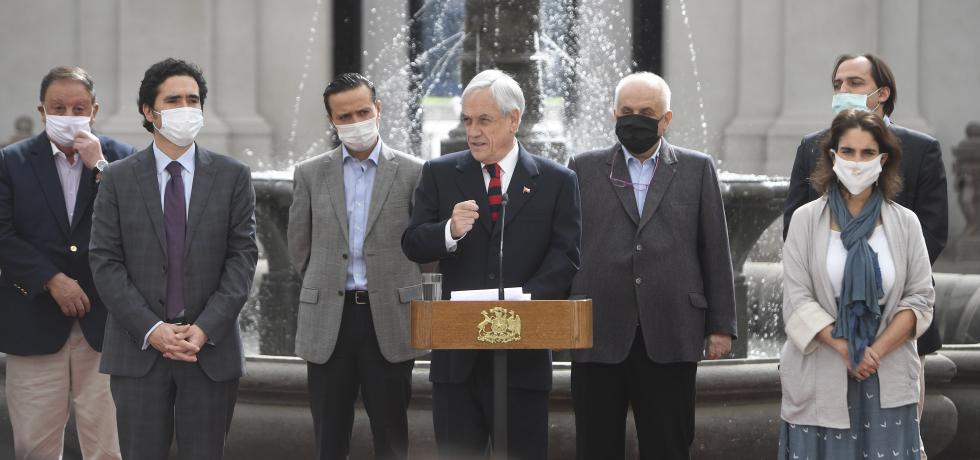
Covid-19 in the Americas: A Case in Contrasts
May 5 | Julio Frenk, Felicia Marie Knaul, Michael Touchton
Some governments in Latin America imposed early preventive measures and mobilized health systems to meet the threat of Covid-19. Meanwhile, others with populist national leaders have done very little to prepare for or otherwise mitigate the epidemic.
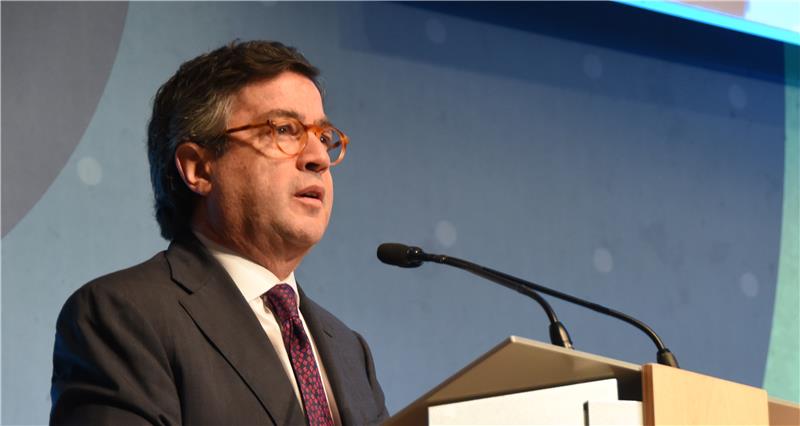
Can Innovation and Tech Help Colombia Cope and Recover?
May 5 | Laura Gaviria Halaby, Maria Velez de Berliner, Felipe Colmenares, Kathleen McInerney
In what ways is the pandemic spurring innovation in Colombia, and how should the government of President Iván Duque seek to leverage new technologies for economic resilience and eventual recovery?

Will the Pandemic Lead to a Less Globalized World?
Apr 24 | Rebecca Bill Chavez, Kenneth Maxwell, Isabel de Saint Malo, José Antonio Ocampo
Will the post-coronavirus world see a significant shift away from multilateralism, and which countries in Latin America and the Caribbean would stand to gain or lose the most in this context?
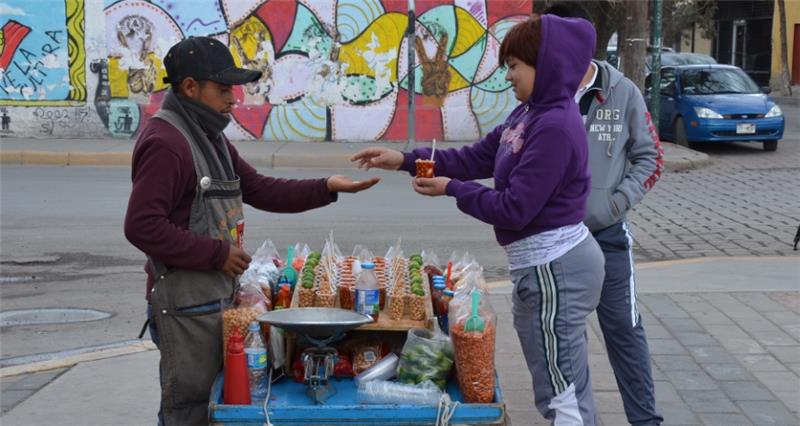
How Can Latin America Help Its Most Vulnerable?
Apr 13 | Santiago Levy, Betilde Muñoz-Pogossian, Sebastián Acha, Lauren M. Allen, Audriana Rodriguez & Charles T. Call
In what ways is Covid-19 affecting informal workers in the Americas, and which governments have implemented the best measures to protect informal sectors, both in terms of health care services and economic relief?
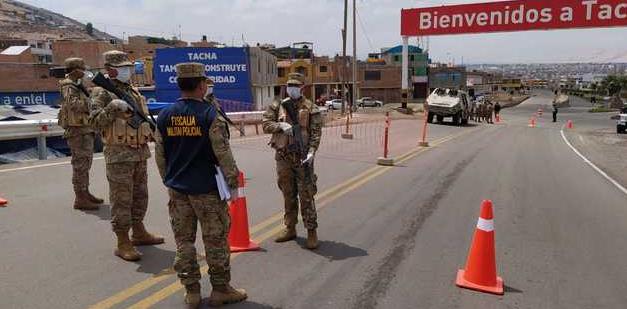
Will Emergency Measures Amid the Pandemic Threaten Democracies?
Apr 6 | Kevin Casas-Zamora, Shannon O’Neil, Sergio Bitar, Nicolás Marsical & Maria Velez de Berliner
Are emergency measures to fight the coronavirus pandemic putting Latin American and Caribbean democracies at risk?
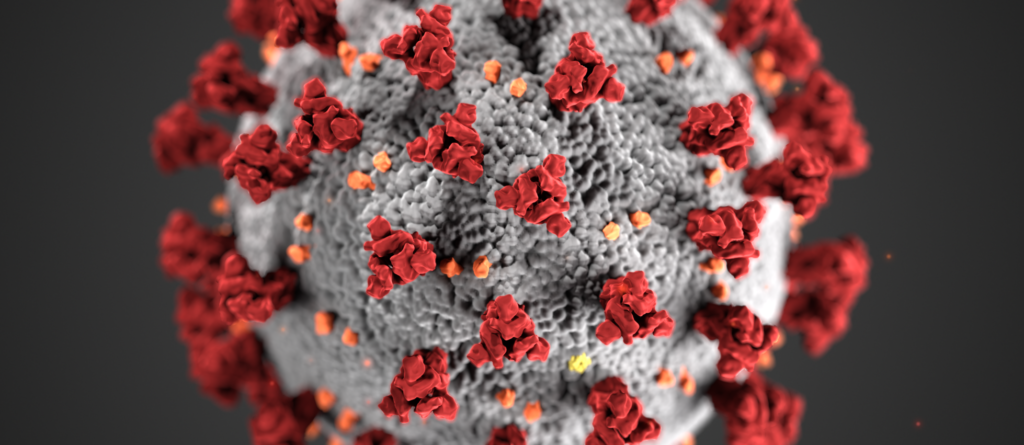
How Much Damage Are Latin American Economies Facing?
March 27 | Alicia Bárcena, Shelly Shetty, Claudio Loser, Eric Parrado
What do the best-case and worst-case economic scenarios look like for Latin America and the Caribbean, and will the region suffer a U-shaped recession or a V-shaped one? How deep will the recession be, and which countries face the most economic pain? With already high debt-to-GDP ratios, who will countries borrow from to fund their deficit spending, and how can they target economic packages to most effectively preserve jobs?
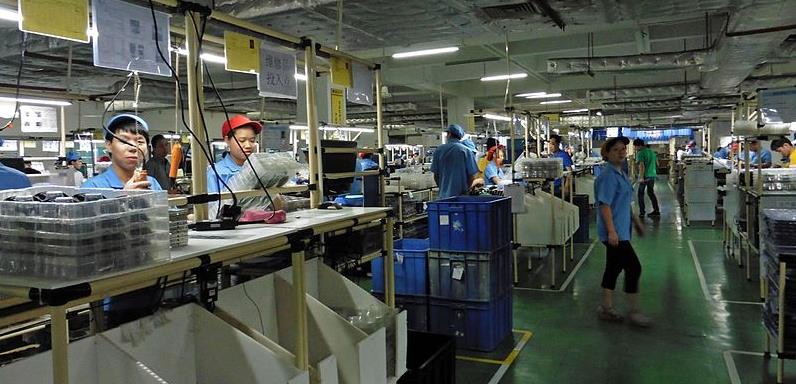
Will Latin America See More Supply Chain Disruption?
March 25 | Tinglong Dai, Margaret Myers, Antonio Ortiz-Mena
To what extent has the Covid-19 outbreak in China interrupted global supply chains, and how much have countries in Latin America and the Caribbean been affected? What lessons can be drawn from the economic effects of the pandemic, and will they prompt long-term changes in the way businesses, supply chains and trade relations are modeled?
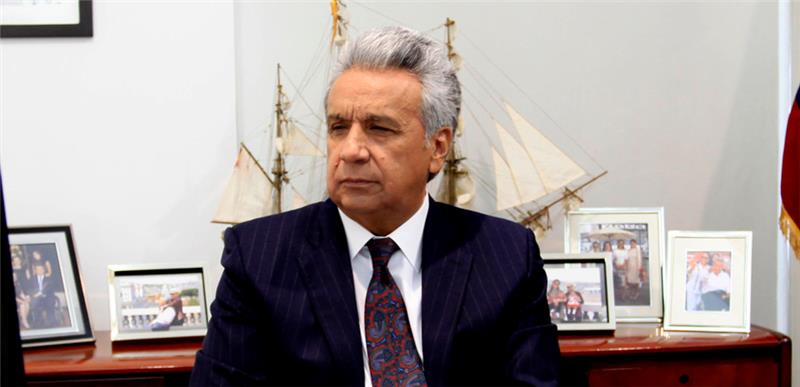
How Can Ecuador Handle Both an Oil Shock & Pandemic?
March 24 | Daniela Chacón Arias, Vicente Albornoz, César Coronel Jones, Abelardo Pachano
How vulnerable is Ecuador to those two threats to its economy? Will Moreno face legislative pushback to his plan? Will social unrest flare up? Is Moreno taking the right actions in light of the developments, and what more should he be doing?
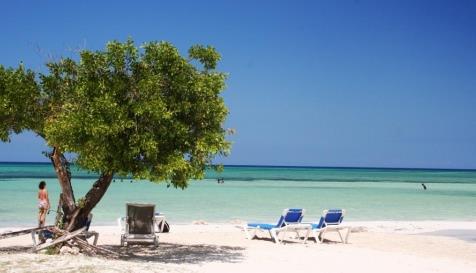
Can the Caribbean Tourism Industry Withstand Covid-19?
March 23 | Anton Edmunds, Vangie Bhagoo-Ramrattan, Andrea Ewart, Rogelio Douglas
How big of an impact will Covid-19 have on tourism in the Caribbean, and which countries face the most severe effects? What should government officials in the Caribbean do to prepare their countries and mitigate the consequences? How well are tourism-related businesses, such as cruise lines and hotels, handling the situation?

How Well Are Latin American Nations Handling Covid-19?
March 17 | Andrés Rozental, María L. Ávila-Agüero, Katherine Bliss, Alejandro Chafuen, Adriano Massuda
How are Latin American and Caribbean nations coping with the spread of the new coronavirus? Which practices are working best, and where have gaps been identified? Are the region’s health care systems robust enough to effectively address the pandemic, and what steps should the region’s public and private health care providers be taking next?
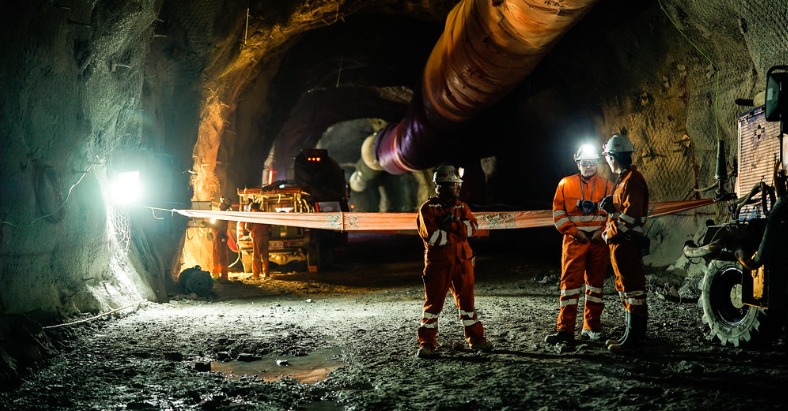
How Is Metal Price Volatility Affecting Latin America?
March 11 | Jorge Heine, John Price, Mariano Machado
What have been the major consequences of coronavirus fears on the prices of metals, including copper and gold? Will such trends continue into the foreseeable future? What will be the economic fallout for Latin American metals exporters, such as Brazil, Chile, Peru and Colombia, and what can they do to prepare for potential losses?

Is the Coronavirus a Major Threat to Latin America?
Feb 11 | Fiona Mackie, Margaret Myers, Peter Sand, Zhen Pan
How serious is the risk of the coronavirus spreading to Latin America and the Caribbean? What will be the disease’s global economic fallout, and how will such trends affect Latin American and Caribbean economies? Which sectors in the region could be hurt the most, and which industries might benefi t from the trade disruptions?
Video Interviews
|
|
|
|
|
|
|
|
Press & Media
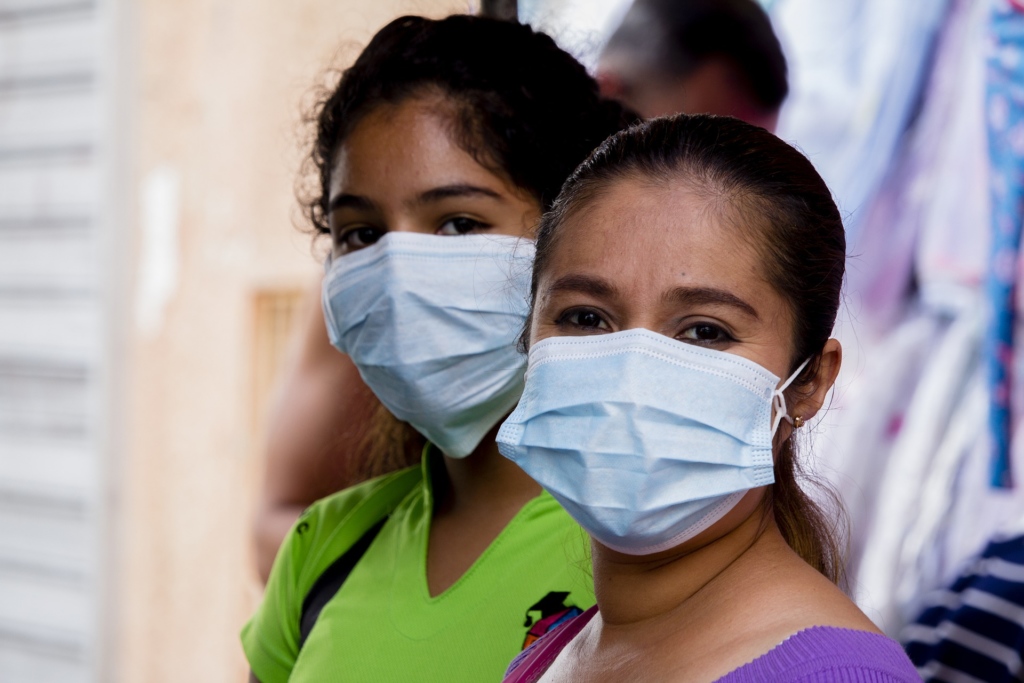
Inter-American Dialogue Launches Health Task Force
Mar 1 | Press Release
The Dialogue is pleased to announce the launch of its Inter-American Health Task Force, which will convene for its first virtual meeting on March 2. The purpose of this task force is to examine the Covid-19 response in the region and identify areas to improve inter-American cooperation and coordination in future health emergencies. The initiative will pursue a cross-sectoral and evidence-based approach.
La mejor manera para que Biden apoye a las economías de Colombia y América Latina es lograr que la Covid-19 esté bajo control. Si lo logra, eso tendría repercusiones enormemente positivas tanto para el país como para todo el continente.
Michael Shifter, Portafolio (Jan 24, 2021)
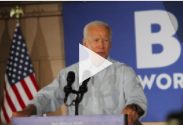
Shifter: “Cooperación de Estados Unidos con América Latina contra la pandemia debe estar en la agenda de Biden”
Jan 21 | Michael Shifter | Radio Programas del Peru
Michael Shifter consideró que la cooperación de Estados Unidos con América Latina para enfrentar la pandemia del nuevo coronavirus debería estar en la agenda del mandatario estadounidense Joe Biden. En entrevista con el programa “Ampliación de Noticias” de RPP, Shifter sostuvo que Biden reconstruirá alianzas que se habían debilitado o destruido en los últimos cuatro años en política exterior, ya que el expresidente Donald Trump tenía una posición “muy unilateral” para tratar problemas.
The news that Cuba and Iran are working to produce a Covid-19 vaccine is hardly surprising. Both governments have been subjected to harsh US sanctions, which has limited opportunities to develop and access a vaccine. The alliance is geopolitical, but also pragmatic.
Michael Shifter, Miami Herald (Jan 7, 2021)
Latin America is not in good shape. It was not in good shape before the pandemic, and it’s in worse shape now.
Michael Shifter, The Atlantic (Oct 26 2020)
[President Bolsonaro] took advantage of the fact that he had Covid and that he overcame it and recovered fairly quickly as a kind of vindication of his approach (…) He also tried to reinforce the image of being a tough guy.
Michael Shifter, The Atlantic (Oct 3 2020)
En este momento, es casi imposible decir cómo la pandemia afectará la política regional. Los optimistas creen que las respuestas erráticas a la crisis podrían llevar a una reordenación de la política para mejor. Los más pesimistas, como yo, vemos un periodo bastante largo para la recuperación en la economía y la confianza en sus líderes e instituciones. Y en algunos casos será caótico.
Peter Hakim, El Mercurio (Aug 16, 2020)
Coronavirus is the perfect excuse for a power grab and authoritarian measures to crack down on political opponents.
Michael Shifter, Washington Post (August 14, 2020)
Si queremos que la pandemia sea realmente una oportunidad [para las energías renovables], tiene que haber una expansión significativa de la infraestructura de transmisión y mejorar las tecnologías de almacenamiento.
Lisa Viscidi, El Mercurio (August 3, 2020)
This is a public health crisis that requires expertise and science to resolve. Populists by nature … have a disdain for experts and science that are seen as part of the establishment.
Michael Shifter, AP News (July 23, 2020)
Hay pocas dudas del fracaso de líderes como Trump, López Obrador y Bolsonaro, a la hora de responder rápidamente a la pandemia e insistir en precauciones básicas como el distanciamiento social y el uso del cubrebocas. Y ese fracaso ha tenido costos humanos reales, que se reflejan en el aumento de casos y muertes. Los últimos meses han demostrado que cuando la ciencia y la experiencia sanitaria son ignoradas, o no se toman en serio, los riesgos son enormes.
Michael Shifter, El Universal (July 24, 2020)
América Latina tiene dos grandes problemas frente a la pandemia: son sistemas de salud muy deficientes, con poco presupuesto y poca presencia fuera de las grandes ciudades. Casi ningún país latinoamericano podría resistir un brote como los de Europa y EE.UU. El segundo problema, igual de grave, es el económico. Los países tienen recursos limitados.
Bruno Binetti, La Tercera (April 24, 2020)
The Covid-19 crisis highlights how important state capacity is and the competence of leaders. I don’t think this will have any ideological implications — it doesn’t help the left or the right. However, proponents of free-market capitalism in the region are going to have a hard time getting traction.
Michael Shifter, Financial Times (April 14, 2020)
La forma en la que China puede ayudar a la región será muy, muy diferente a como lo hizo post-2008.
Margaret Myers, BBC Mundo (April 14, 2020)
Ahora que muchos han perdido sus empleos [por la crisis del Covid-19], se debaten entre la responsabilidad moral de ayudar a sus familiares en Venezuela y la necesidad inmediata de atender su vida aquí en Estados Unidos.
Manuel Orozco, Voice of America (April 10, 2020)
[We] expect remittances to fall between 7 percent and 12 percent in 2020, compared with the previous year.
Manuel Orozco, Washington Post (April 6, 2020)
La máxima prioridad de Estados Unidos, especialmente por la probable catastrófica dimensión que tendrá el Covid-19 en Venezuela, debería ser la ayuda humanitaria y salvar tantas vidas como sea posible.
Michael Shifter, Deutsche Welle (April 7, 2020)
“Most of the region’s leaders were already in serious trouble, with slowing economies, social pressures and protests forcing them to look inward. With borders closing everywhere, the coronavirus has only accentuated that instinct.”
Michael Shifter, Bloomberg (March 25, 2020)
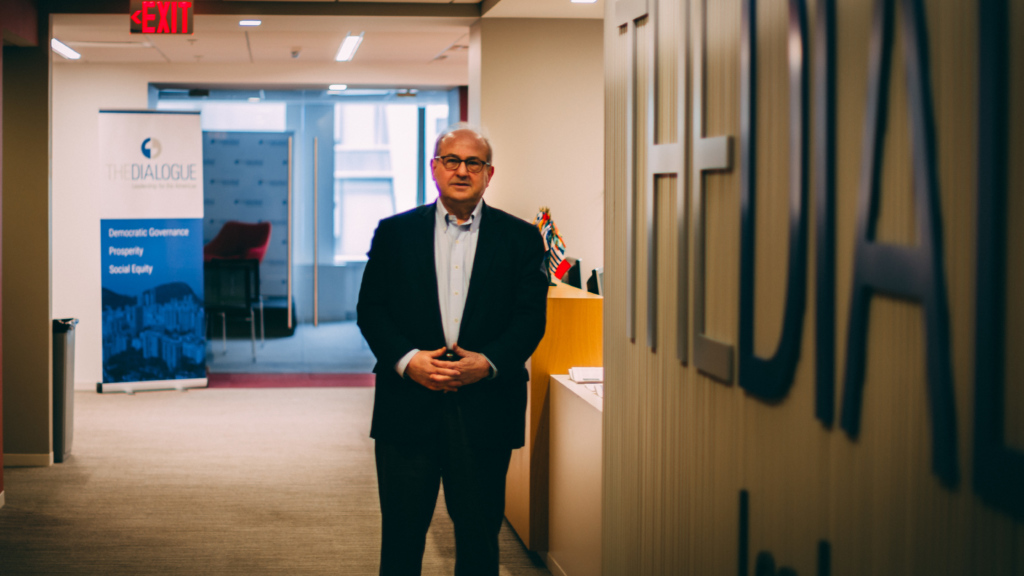
Shifter: “Vamos hacia una intensificación de los nacionalismos”
Sep 9 | Michael Shifter | Forbes Bolivia
Michael Shifter, presidente del Diálogo Inter-Americano, habló con Carlos Morales Peña de Forbes Bolivia sobre la crisis desatada por el Covid-19, su efecto en el orden político y económico mundial, los posibles cambios en el proceso de globalización y el rol de China, entre otros.
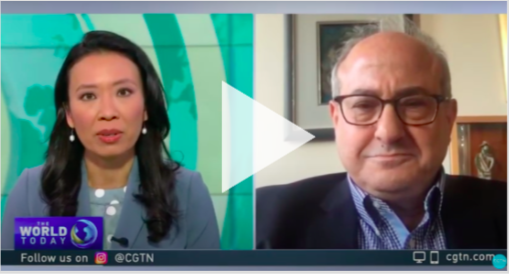
Coronavirus in the Americas
Aug 10 | Michael Shifter | CGTN
In this interview with CGTN America, Michael Shifter spoke with Frances Kuo about the impact of the Covid-19 pandemic on Latin America and the Caribbean, discussing inequality, the informal economy, and China’s presence in the region.
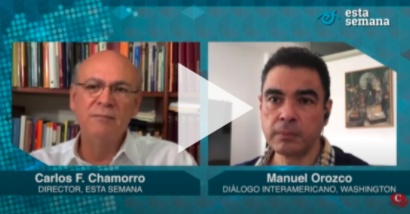
Encuesta de opinión pública en Nicaragua: Covid-19, Daniel Ortega y sanciones
July 20 | Manuel Orozco | Confidencial
Manuel Orozco, director del programa de Migración, Remesas y Desarrollo del Diálogo Interamericano, conversó con Carlos F. Chamorro para Esta Semana de Confidencial acerca de los hallazgos arrojados por la 5ta encuesta de opinión pública de Nicaragua 2020. Esta encuesta se aplicó a una muestra de 1116 nicaragüenses, propietarios de teléfono celular, y sus resultados tienen un nivel de confianza del 95 por ciento y un margen de error de ±3 por ciento.

La pandemia en América Latina: poderes de emergencia, corrupción e inseguridad
June 4 | Michael Shifter | Aristegui Noticias
En esta entrevista con Aristegui Noticias, Michael Shifter habló con Daniel Zovatto, Director Regional de IDEA Internacional para América Latina y el Caribe, sobre el impacto de la pandemia en los Estados Unidos, América Latina en general y también casos específicos como Brasil, México, El Salvador, Nicaragua y Venezuela.

El impacto del Coronavirus en Perú
May 22 | Michael Shifter | Canal N
En esta entrevista para el programa 20/20 de Canal N, Michael Shifter y Mávila Huertas hablaron sobre los efectos del Covid-19 en América Latina, la situación actual en Perú, la importancia de las instituciones y las diferencias entre esta pandemia y la crisis financiera de 2008-2009.
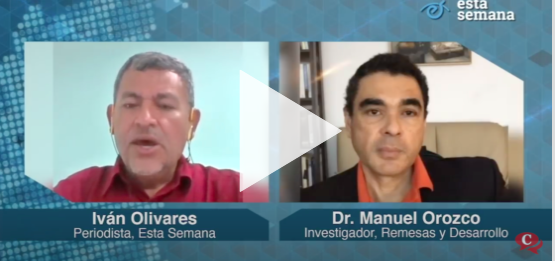
Se estima una caída de 300 millones de dólares en remesas a Nicaragua
May 5 | Manuel Orozco | Confidencial
Manuel Orozco fue entrevistado por el periodista de Confidencial, Iván Olivares para hablar sobre las consecuencias de la pandemia en los flujos de remesas. Orozco calcula una pérdida de remesas de unos 300 millones de dólares que afectarán a unas 600 mil familias nicaragüenses.

Mask Diplomacy
May 5 | Margaret Myers | Two The Point – Wilson Center Podcast
How is China’s coronavirus assistance to Latin America being perceived and what are the implications for US-China competition in the region?
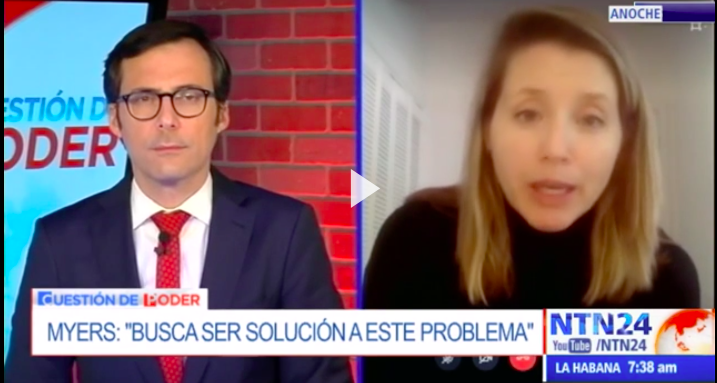
China y la “diplomacia de mascarillas” en América Latina
Apr 17 | Margaret Myers | NTN24
En esta entrevista con NTN24, Margaret Myers habló sobre el rol crucial de China en el combate del coronavirus en Latinoamérica, así como la “diplomacia de mascarillas” o “mask diplomacy” impulsada por este país.
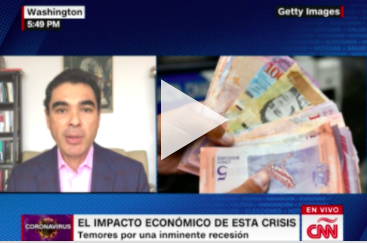
Impacto de Covid-19 en las remesas a Latinoamérica y al empleo en Estados Unidos
Mar 23 | Manuel Orozco | CNN
Manuel Orozco explica el impacto económico de la panedemia de Covid-19 para los migrantes latinoamericanos en Estados Unidos, sus familias que reciben remesas y para los países de la región. Su análisis se concentra en los impactos relacionados a la crisis de desempleo proyectada para el país.
From our Members
Silva: “Bolsonaro é golpista com política genocida para pandemia”
Abr 1 | Marina Silva | UOL
Malcorra: “Ahora más que nunca es fundamental asignar recursos a los sectores más vulnerables”
Mar 31 | Susana Malcorra | El Cronista
America Can—and Should—Vaccinate the World
Mar 19 | Helene Gayle | Foreign Affairs































